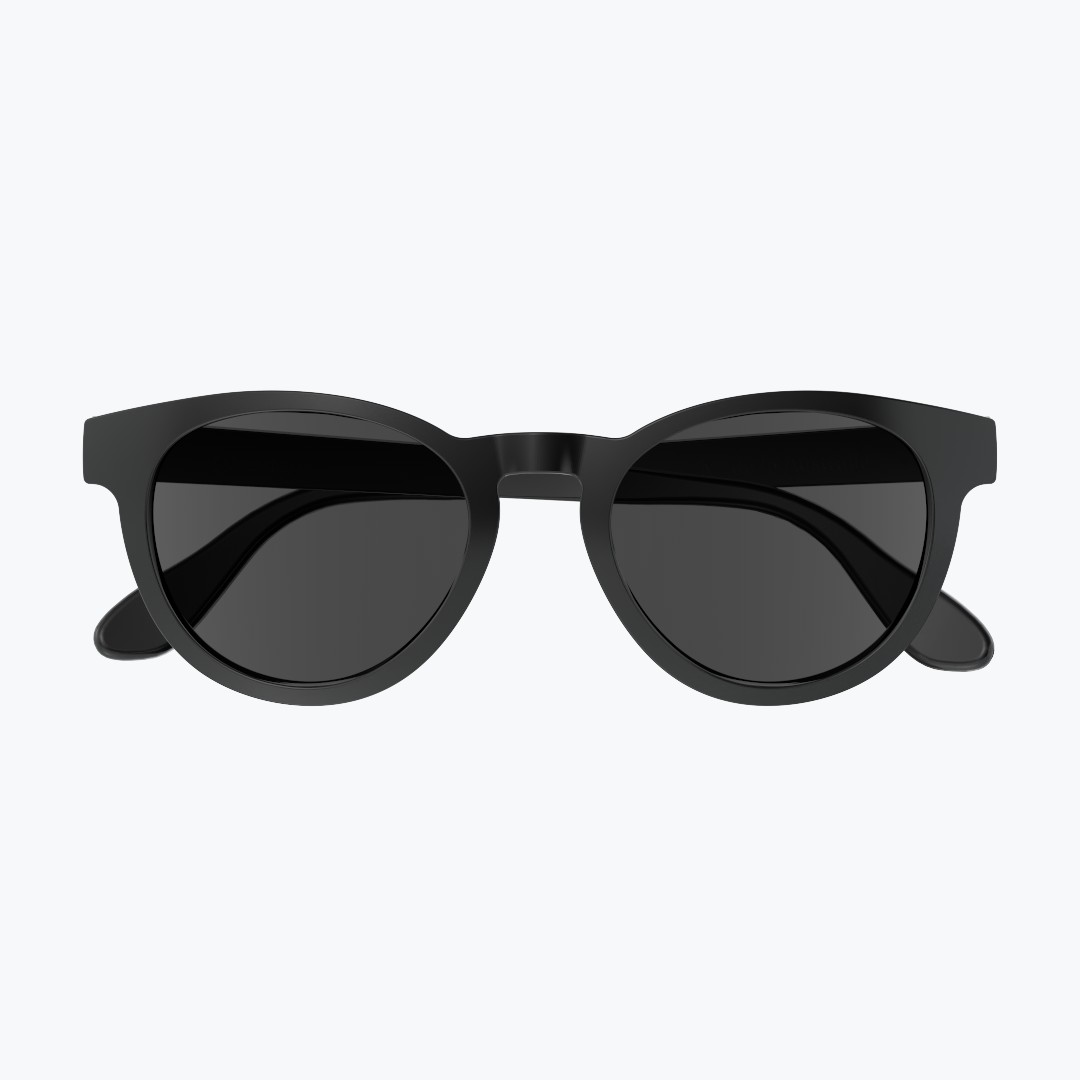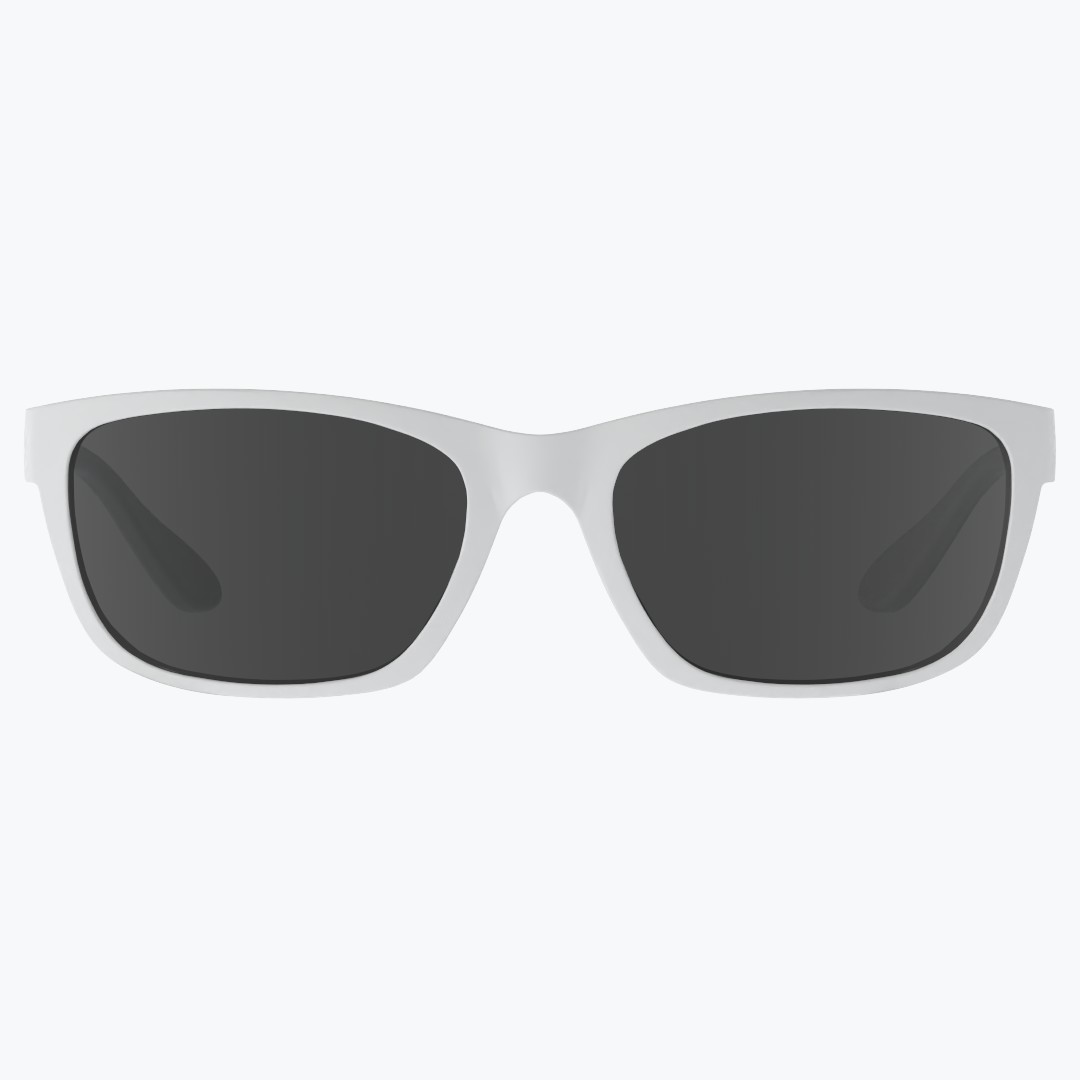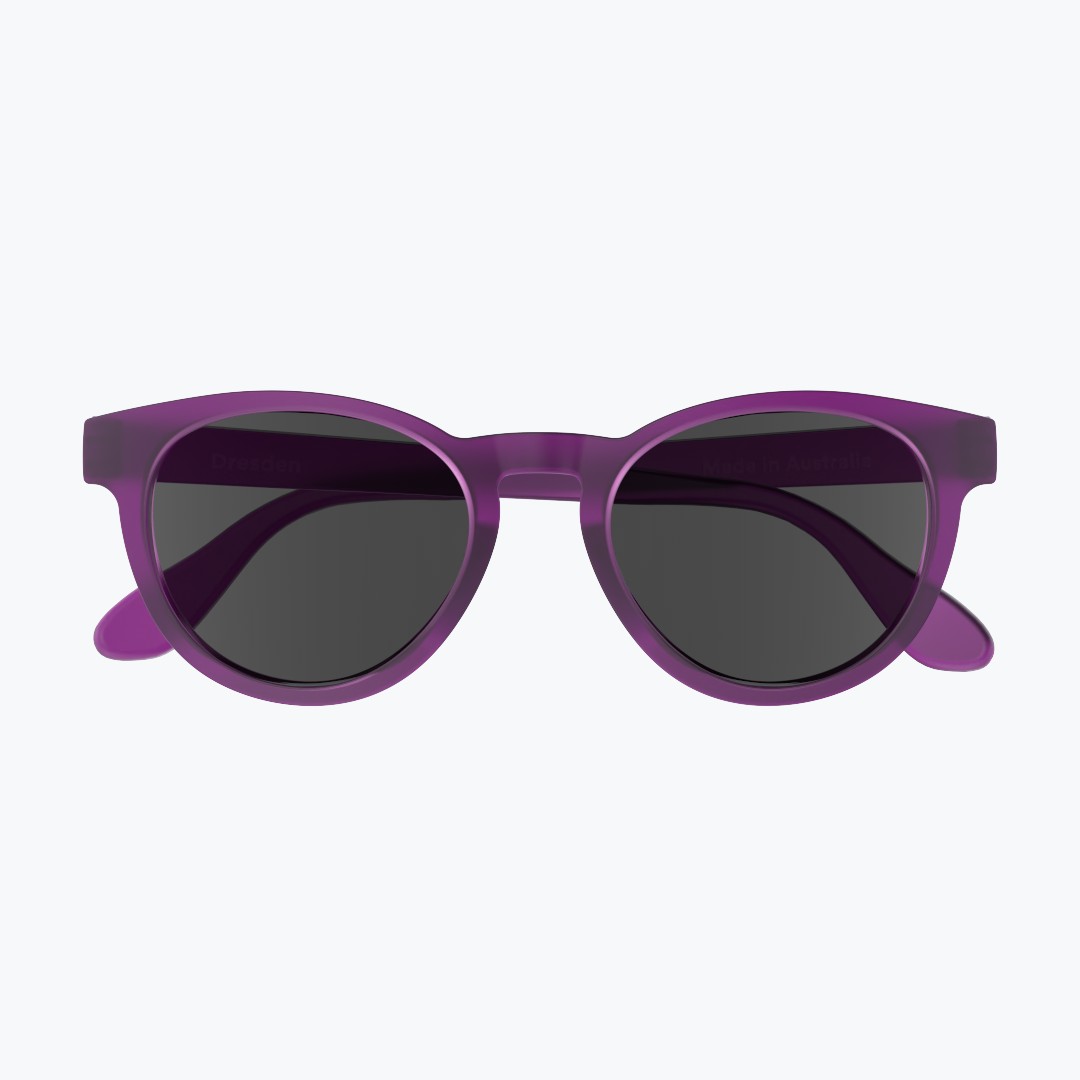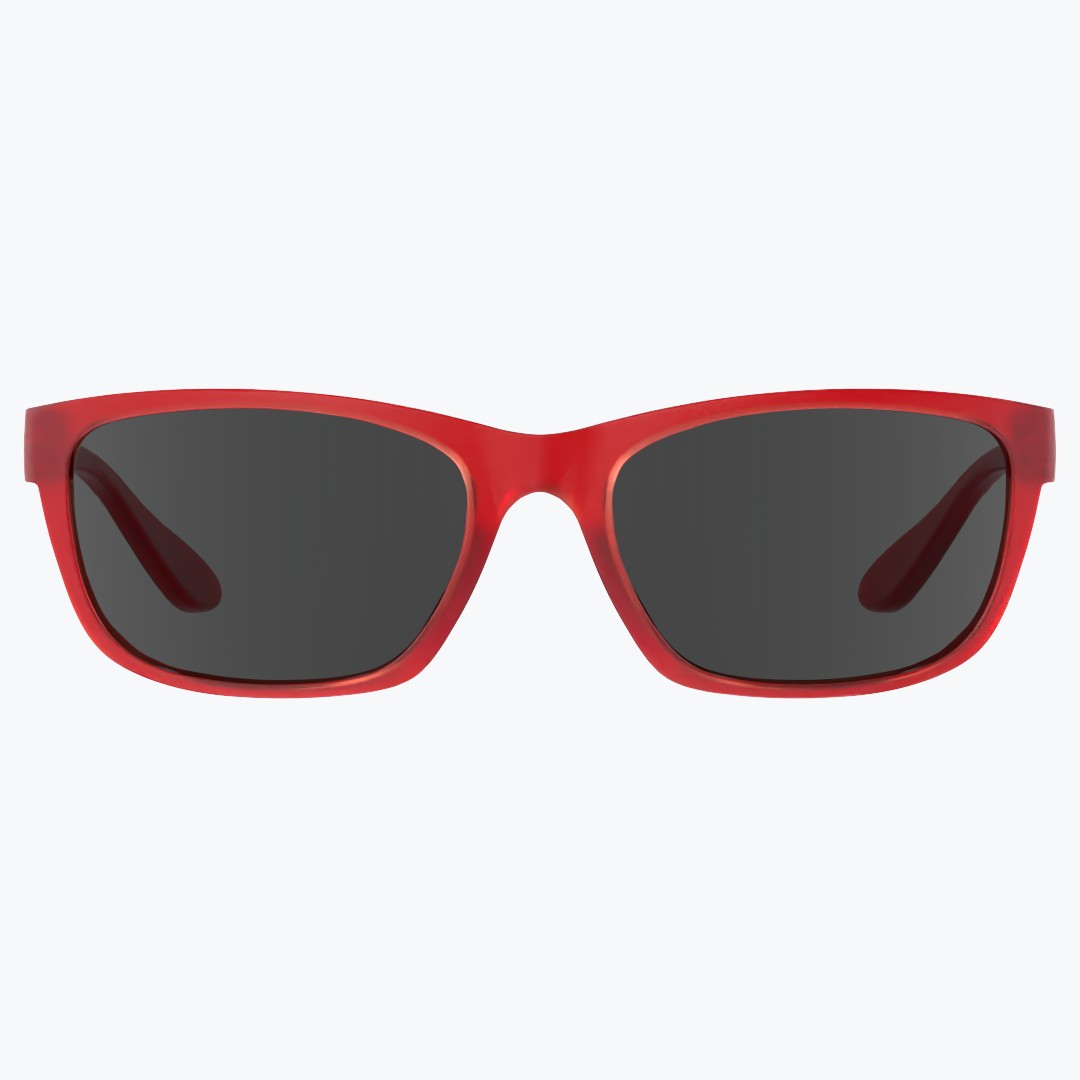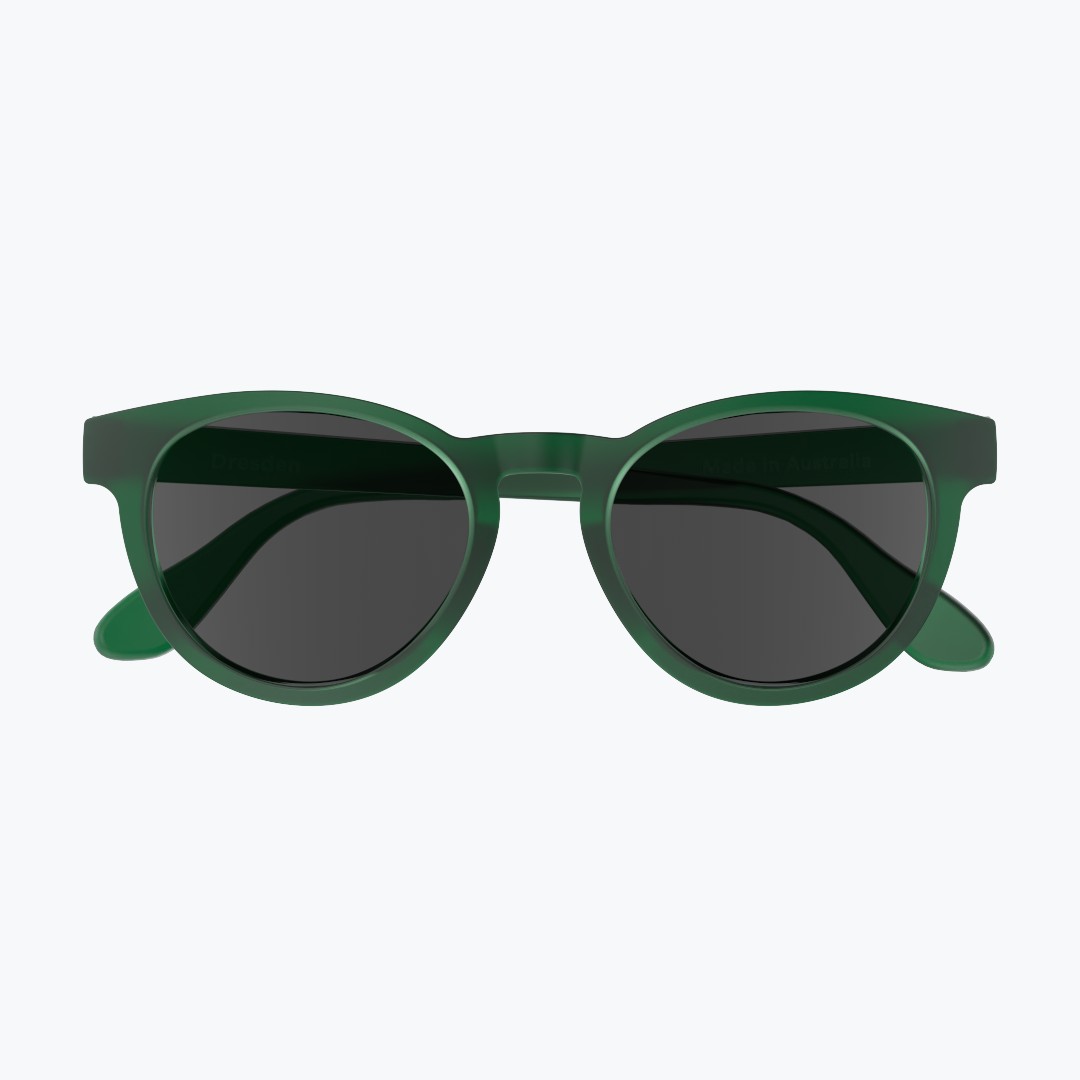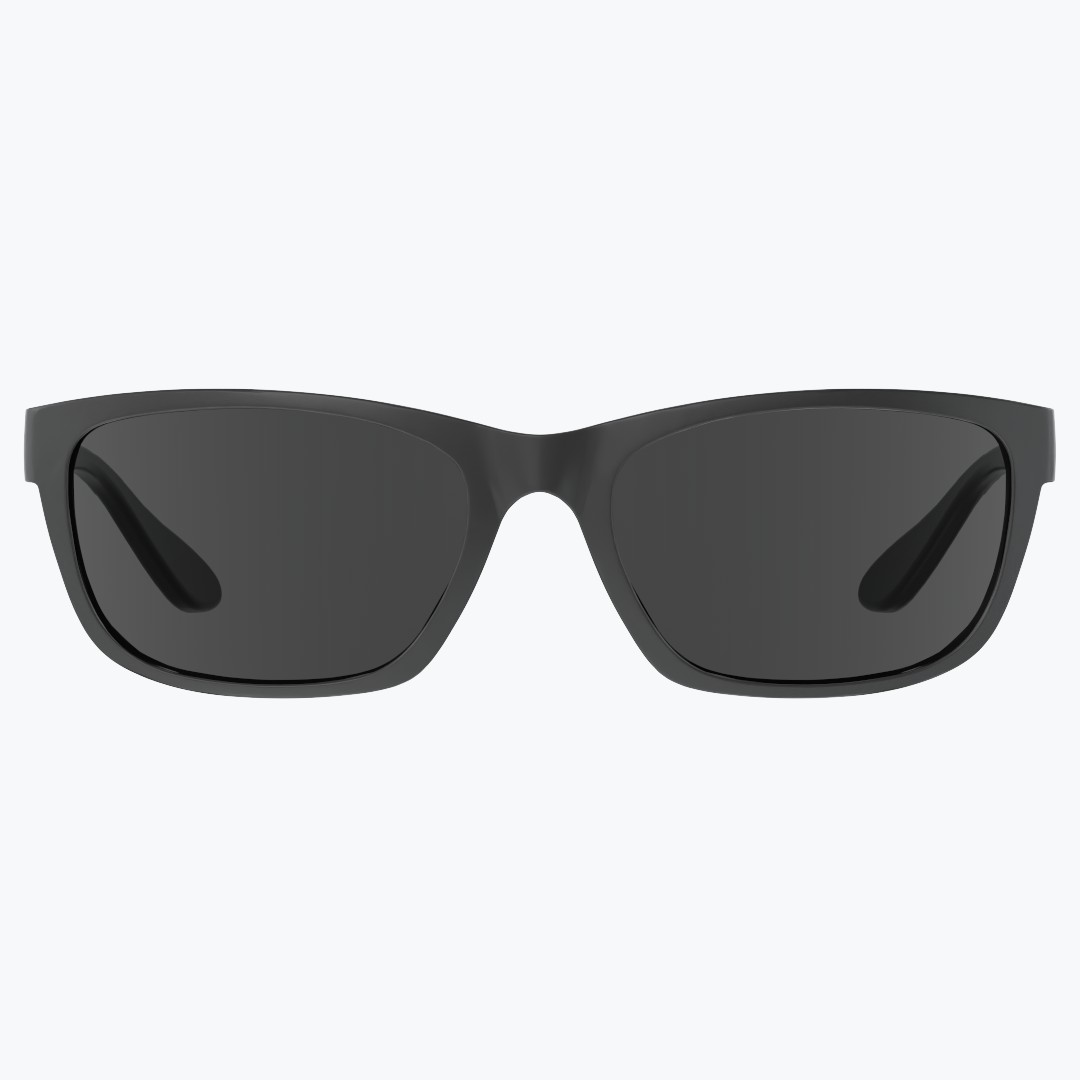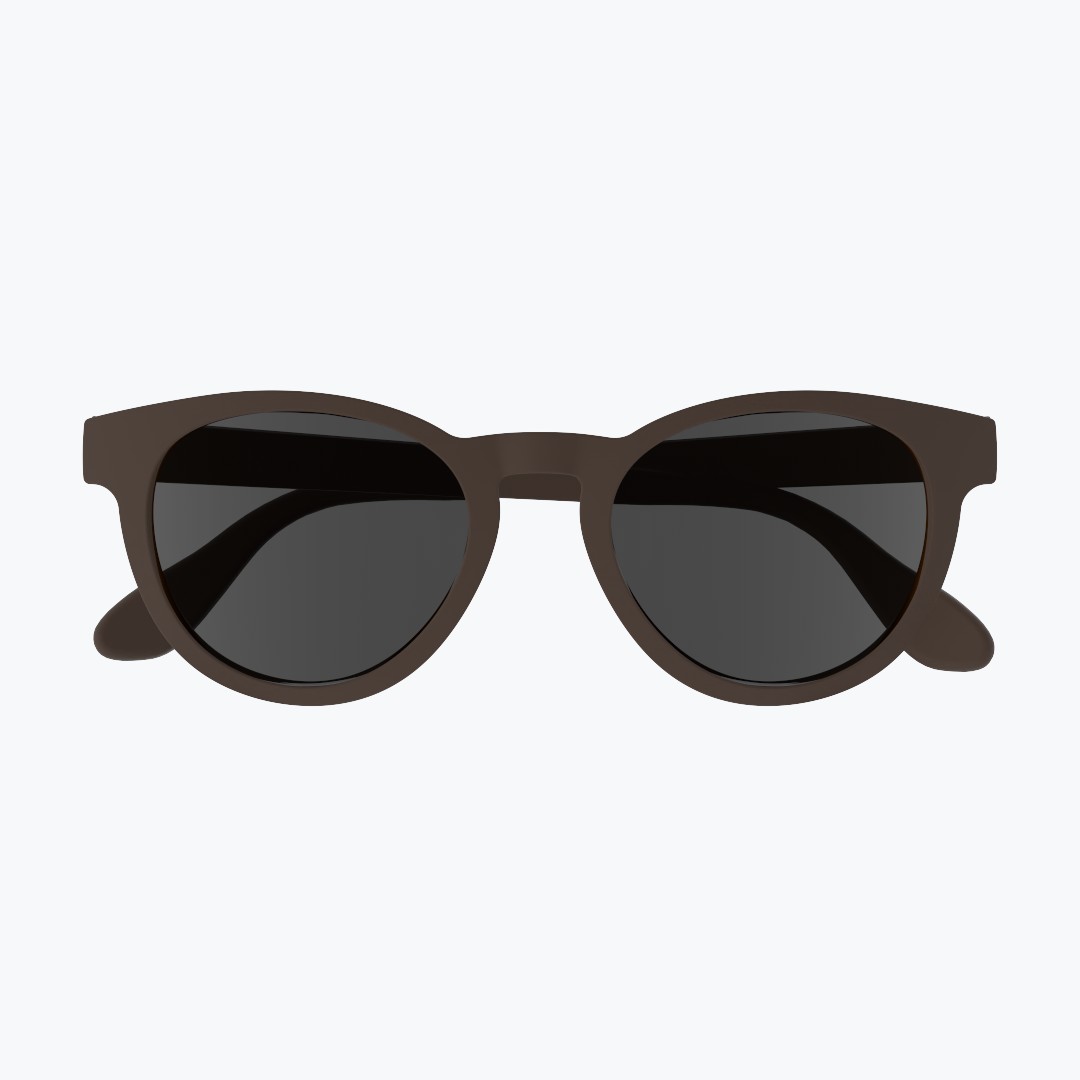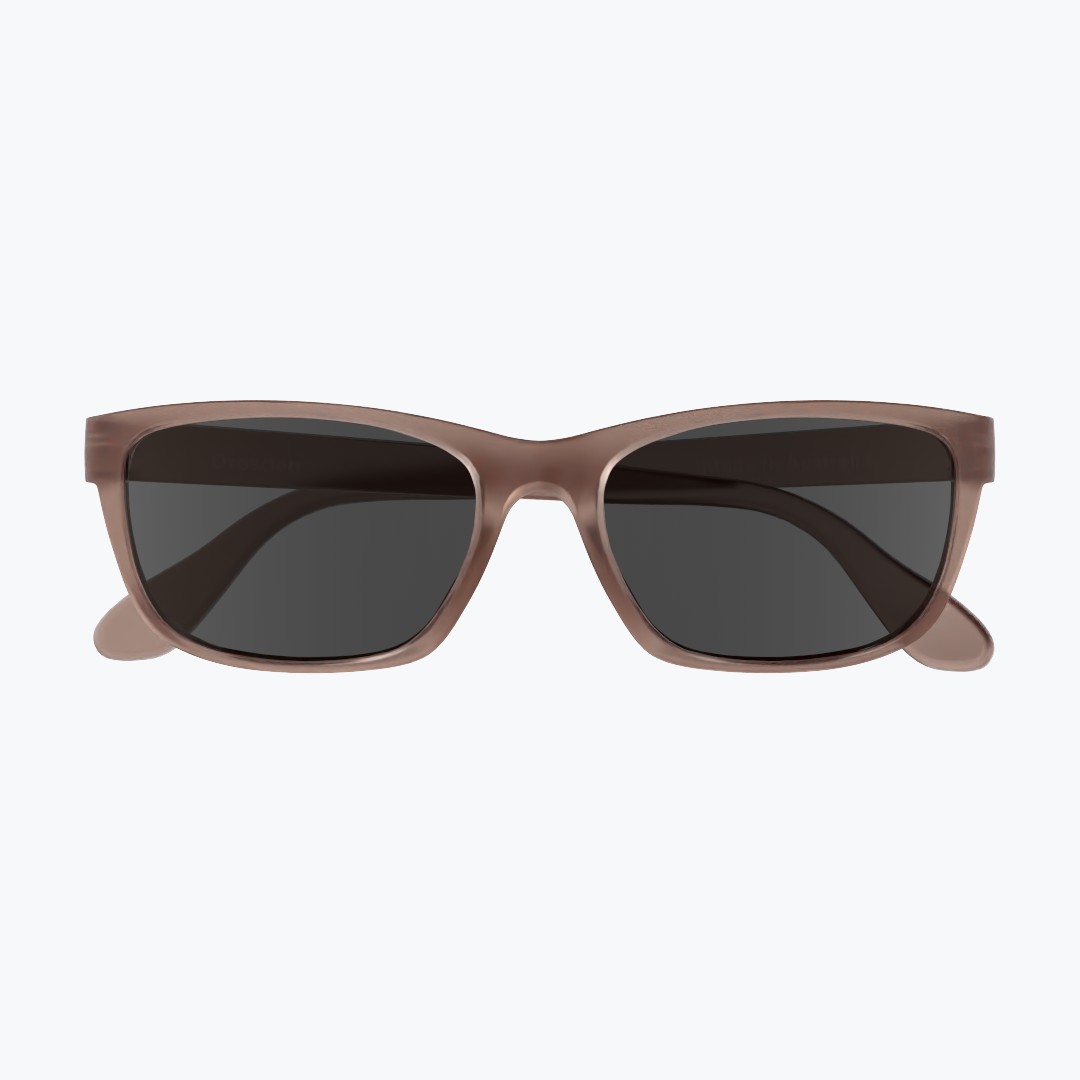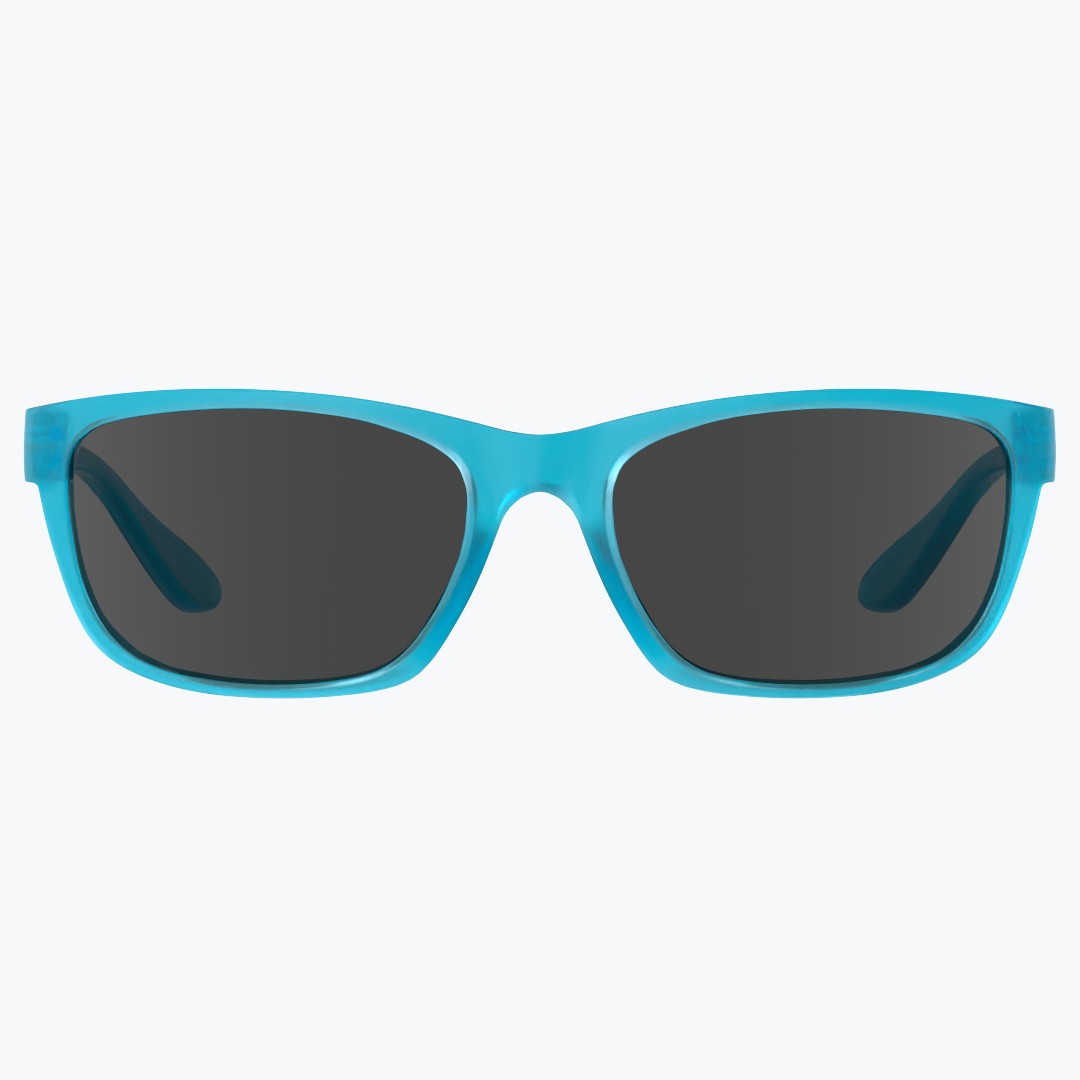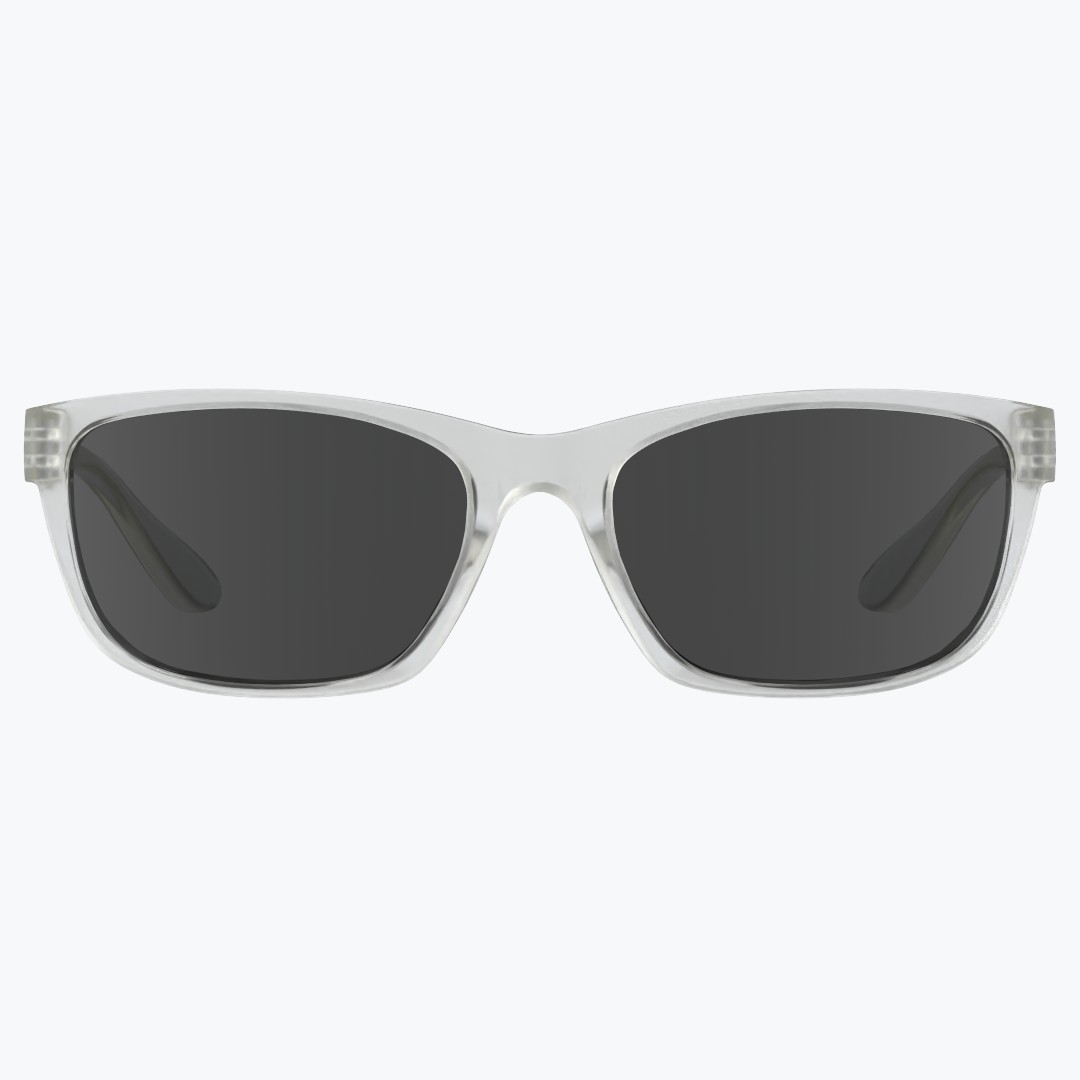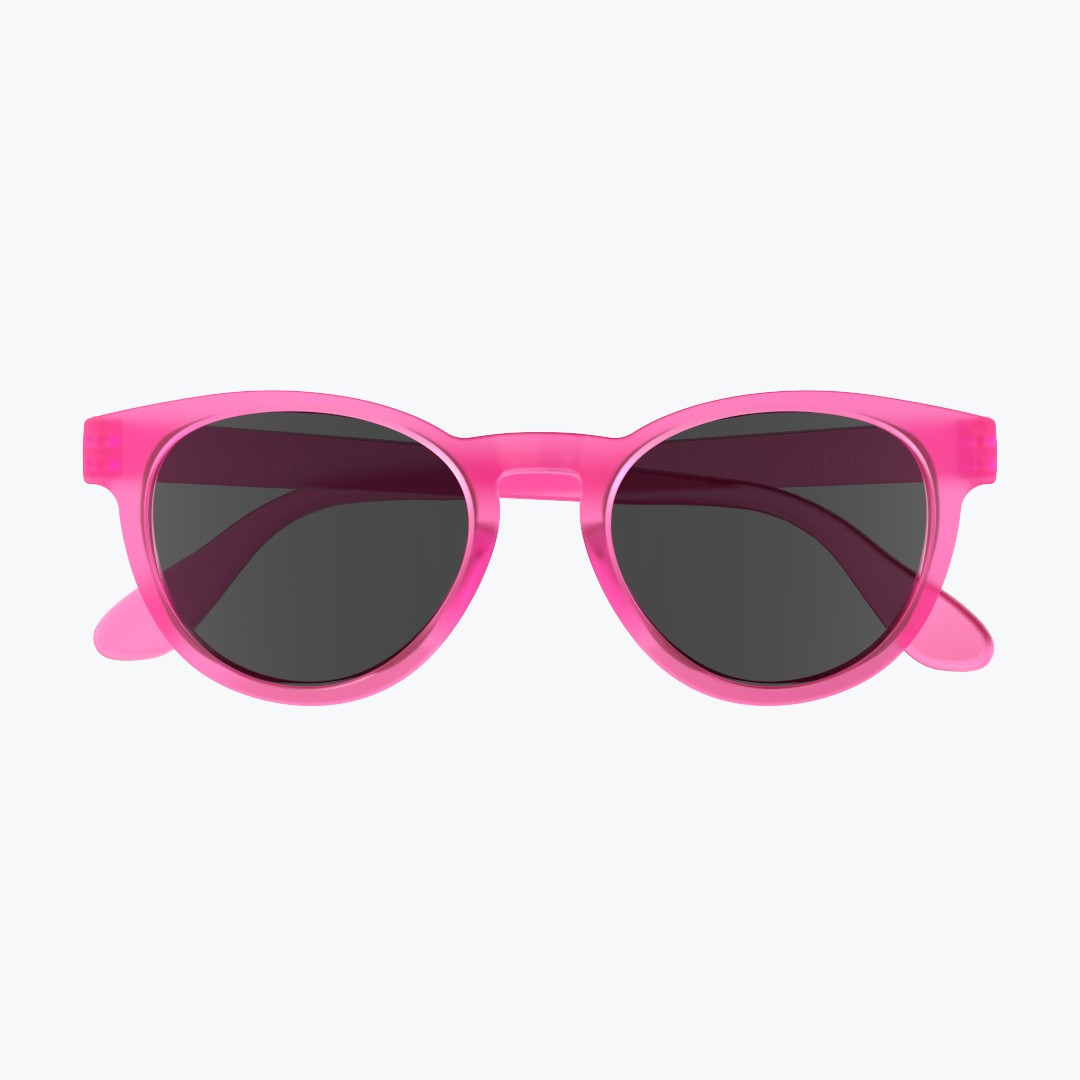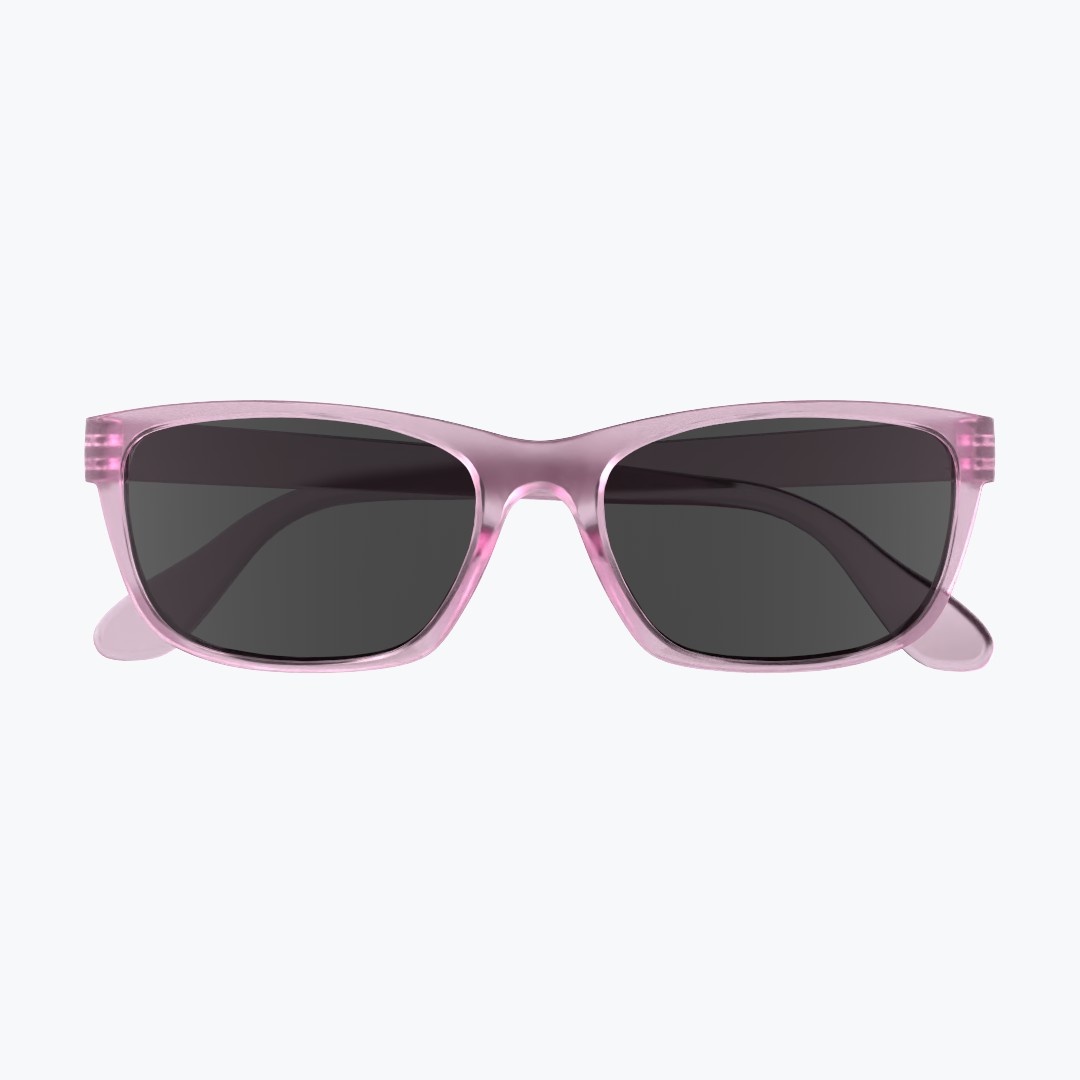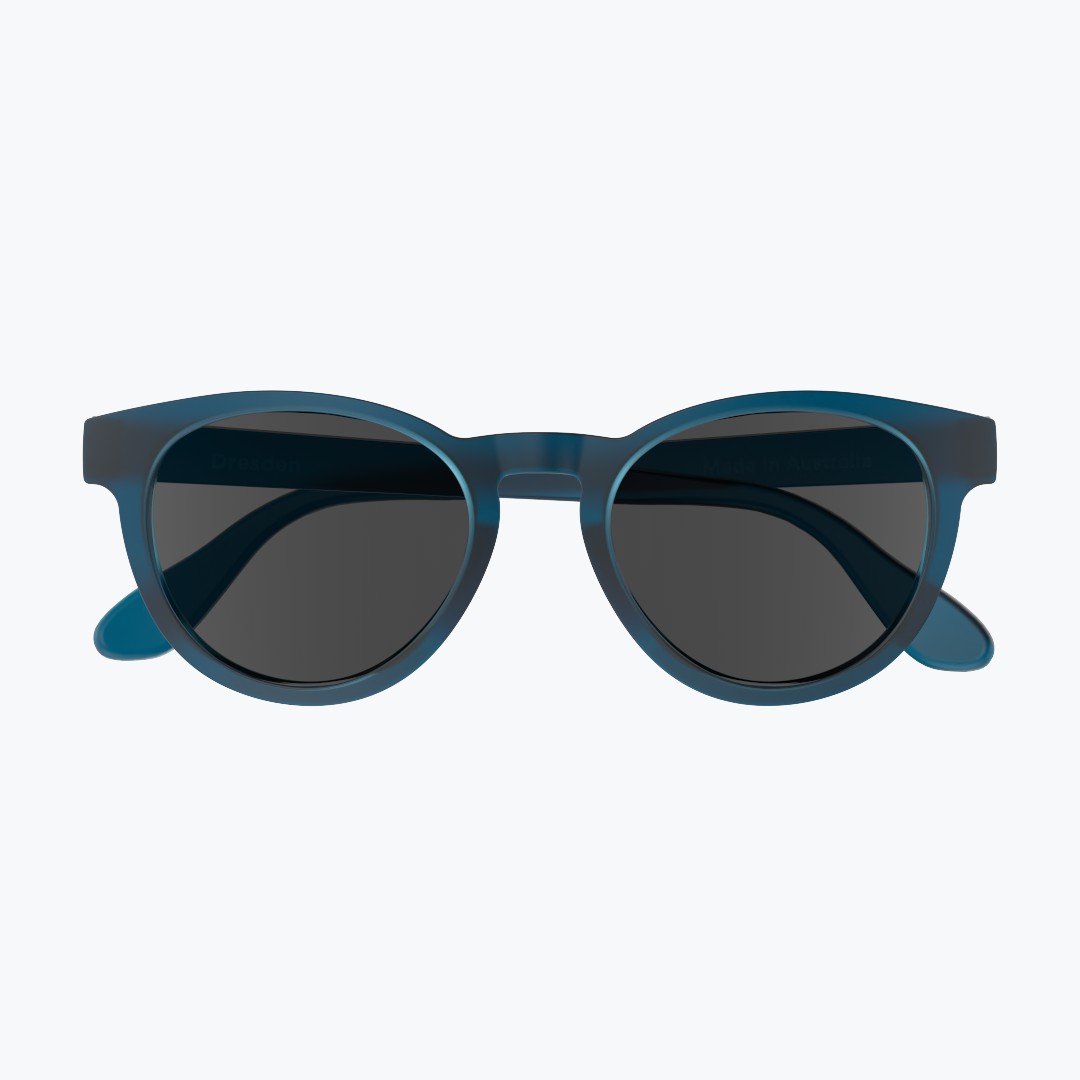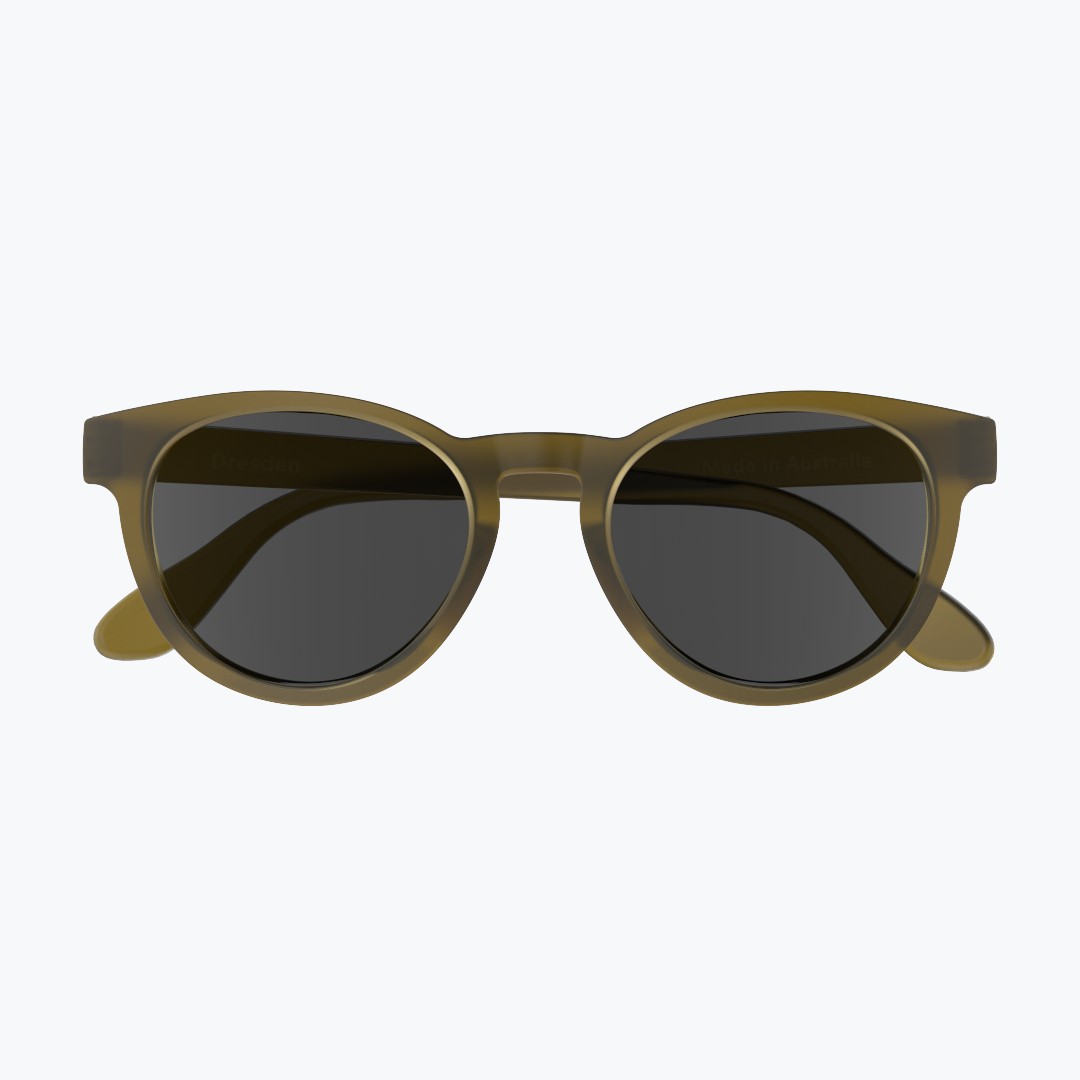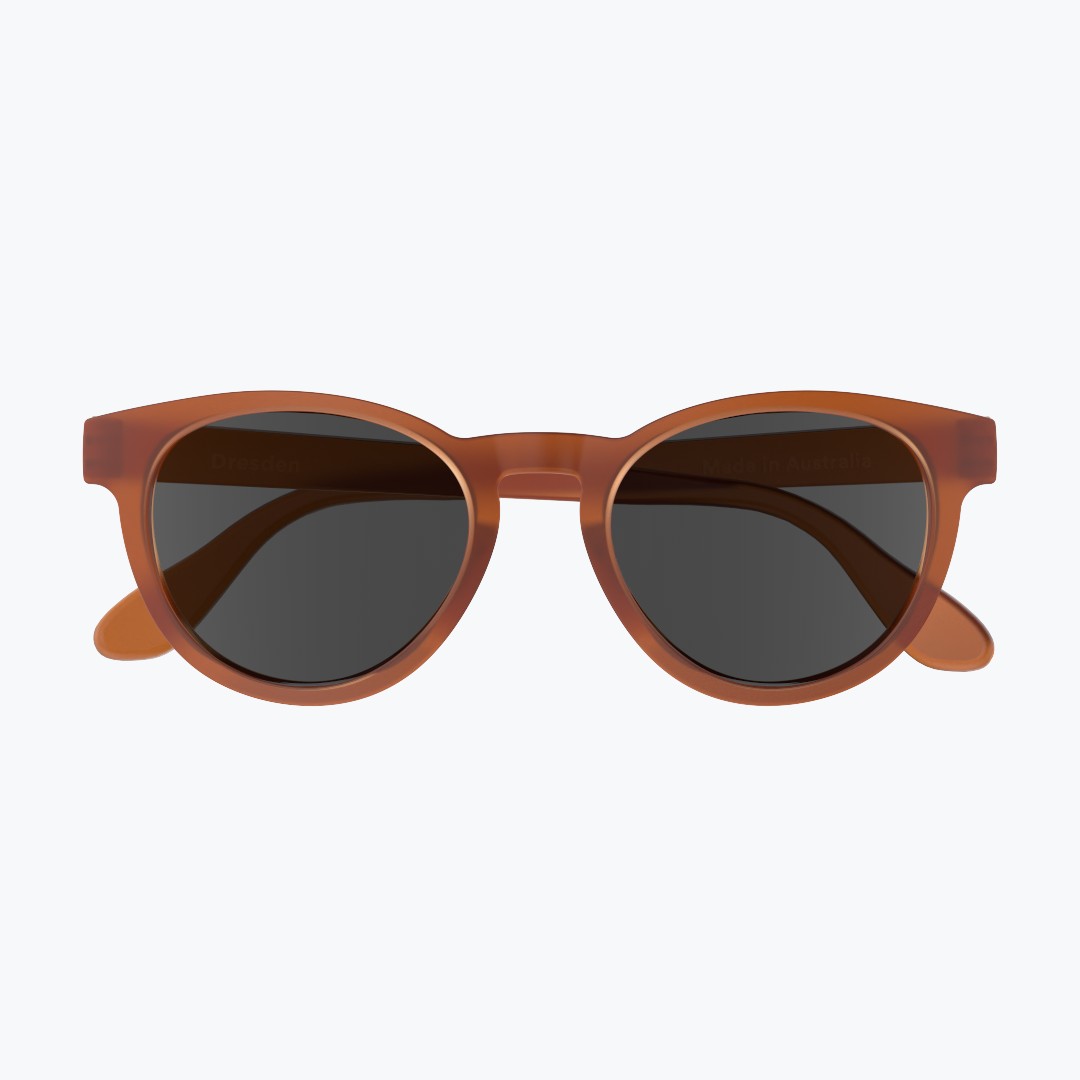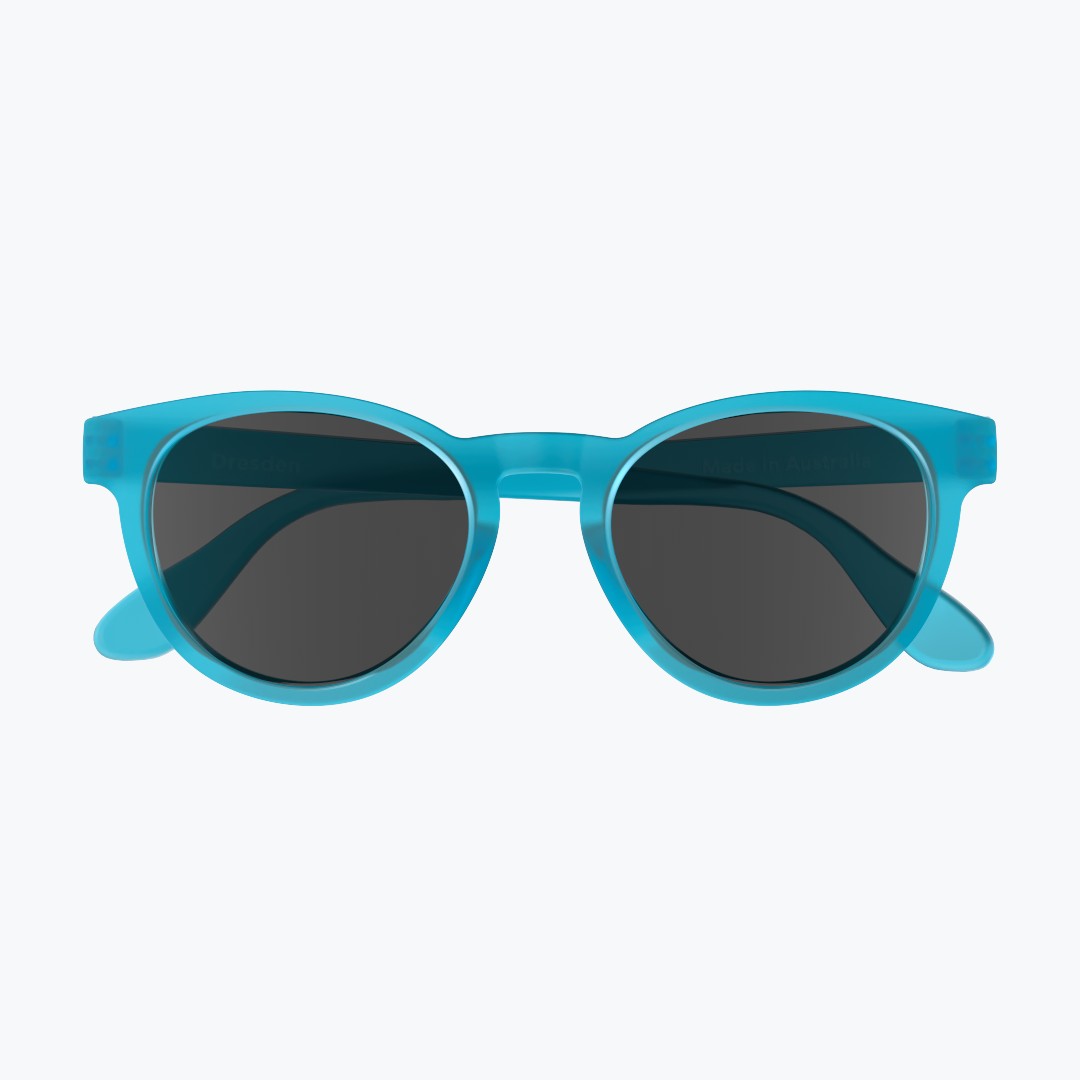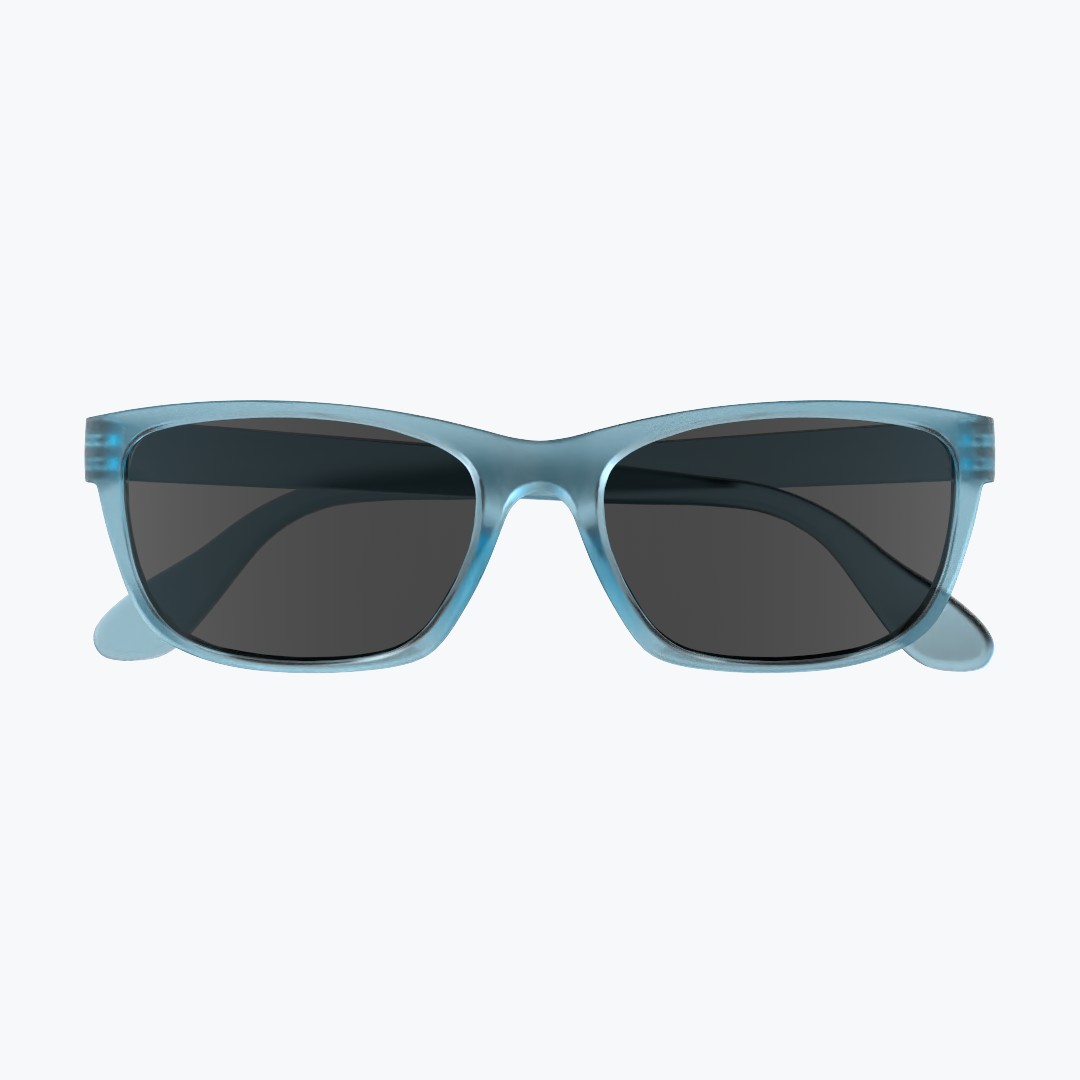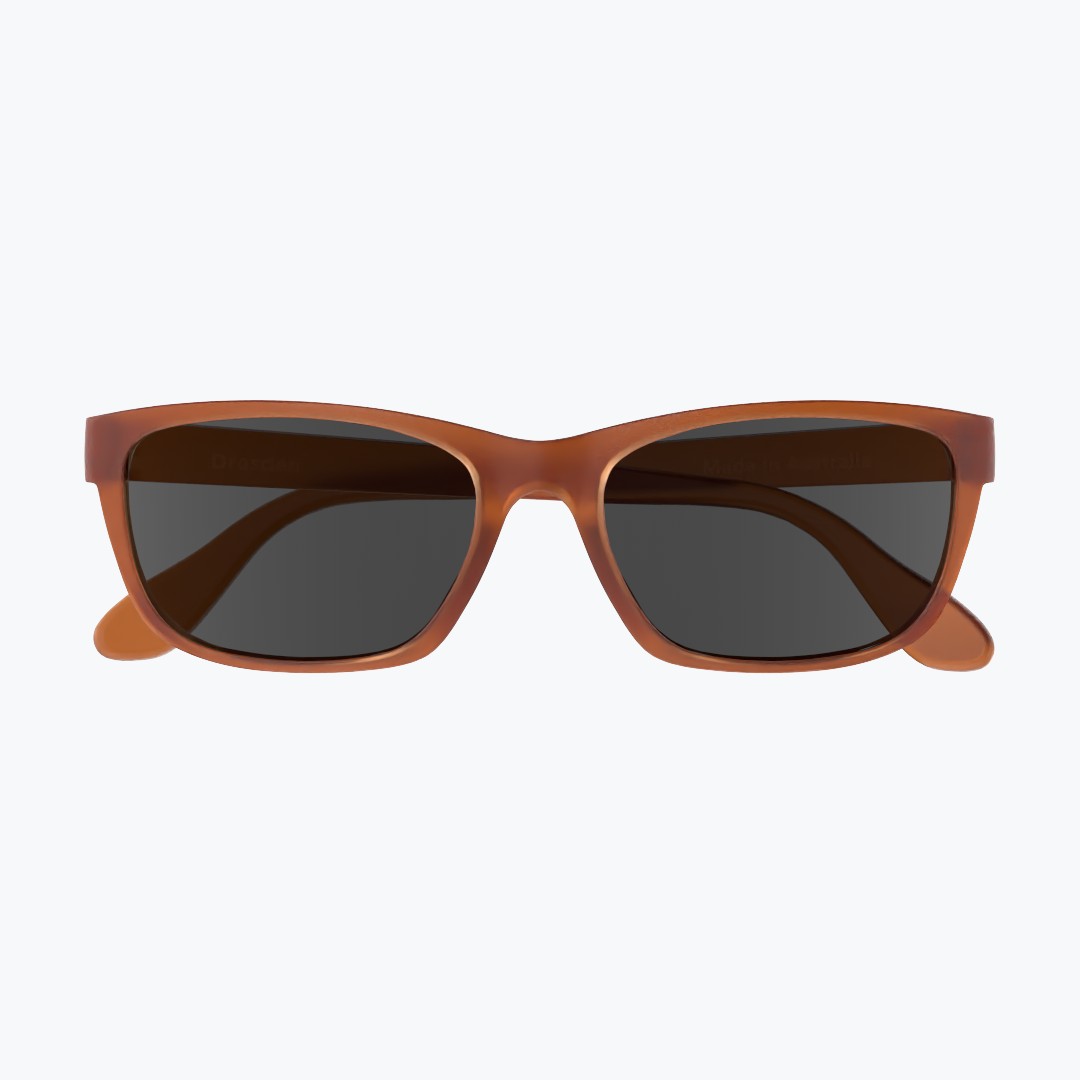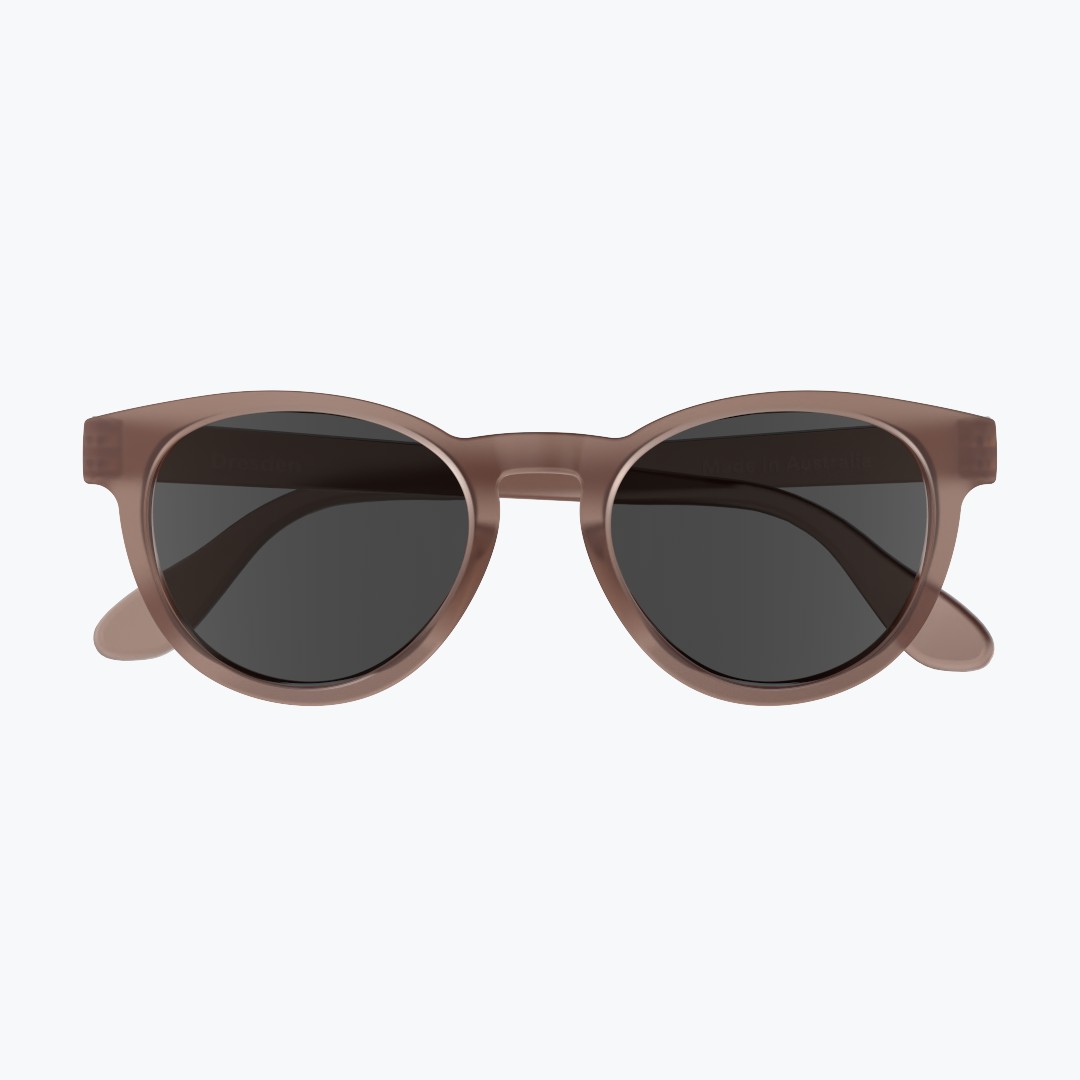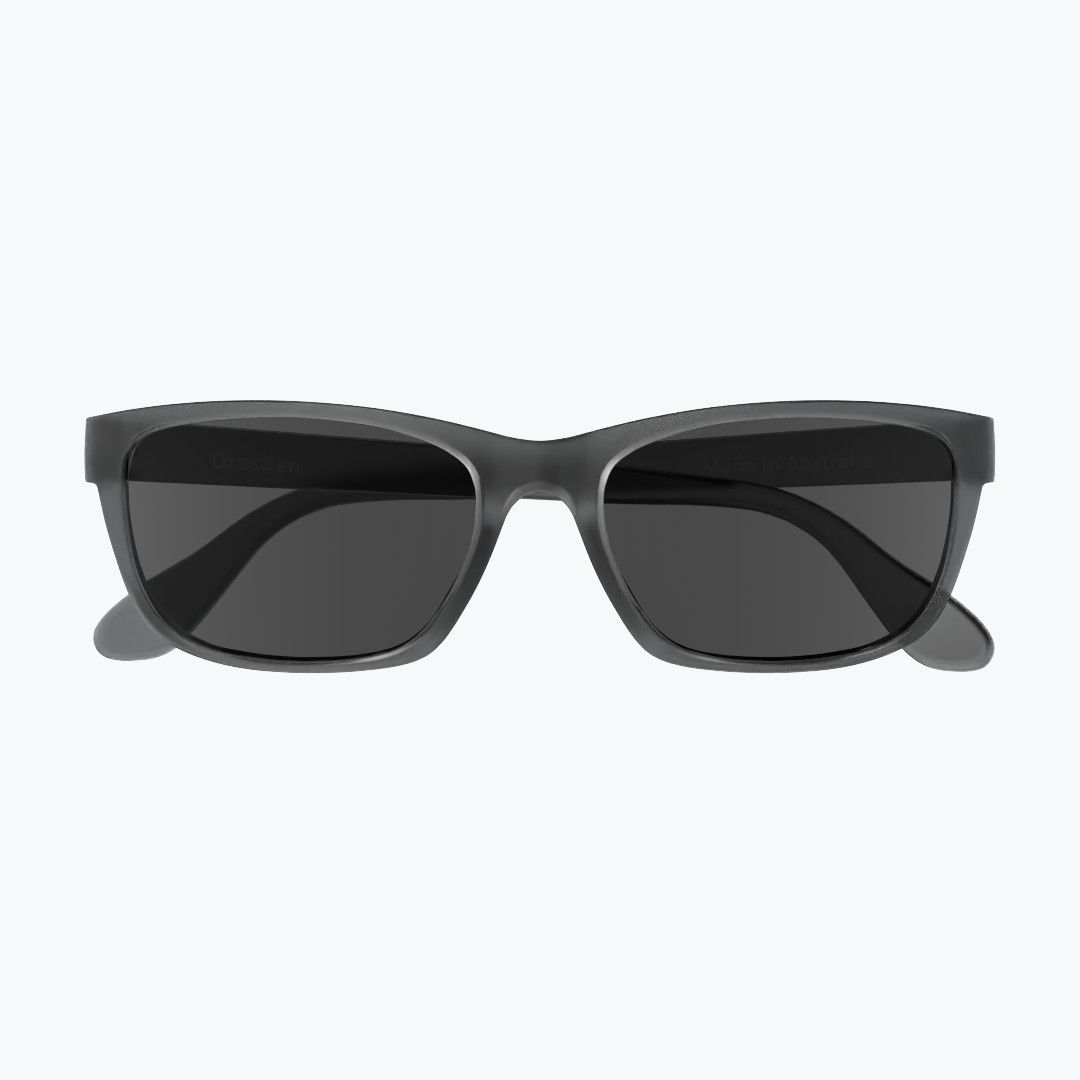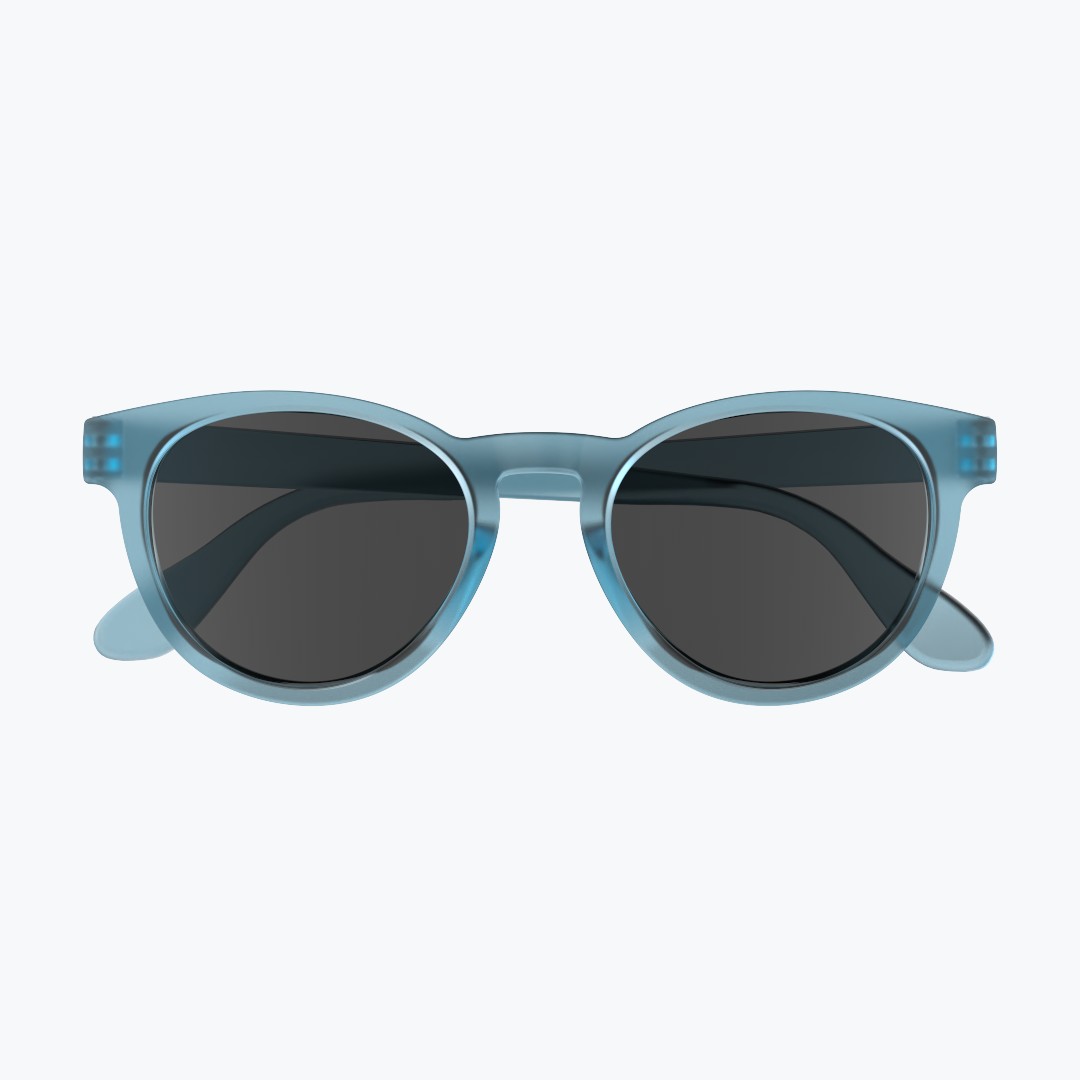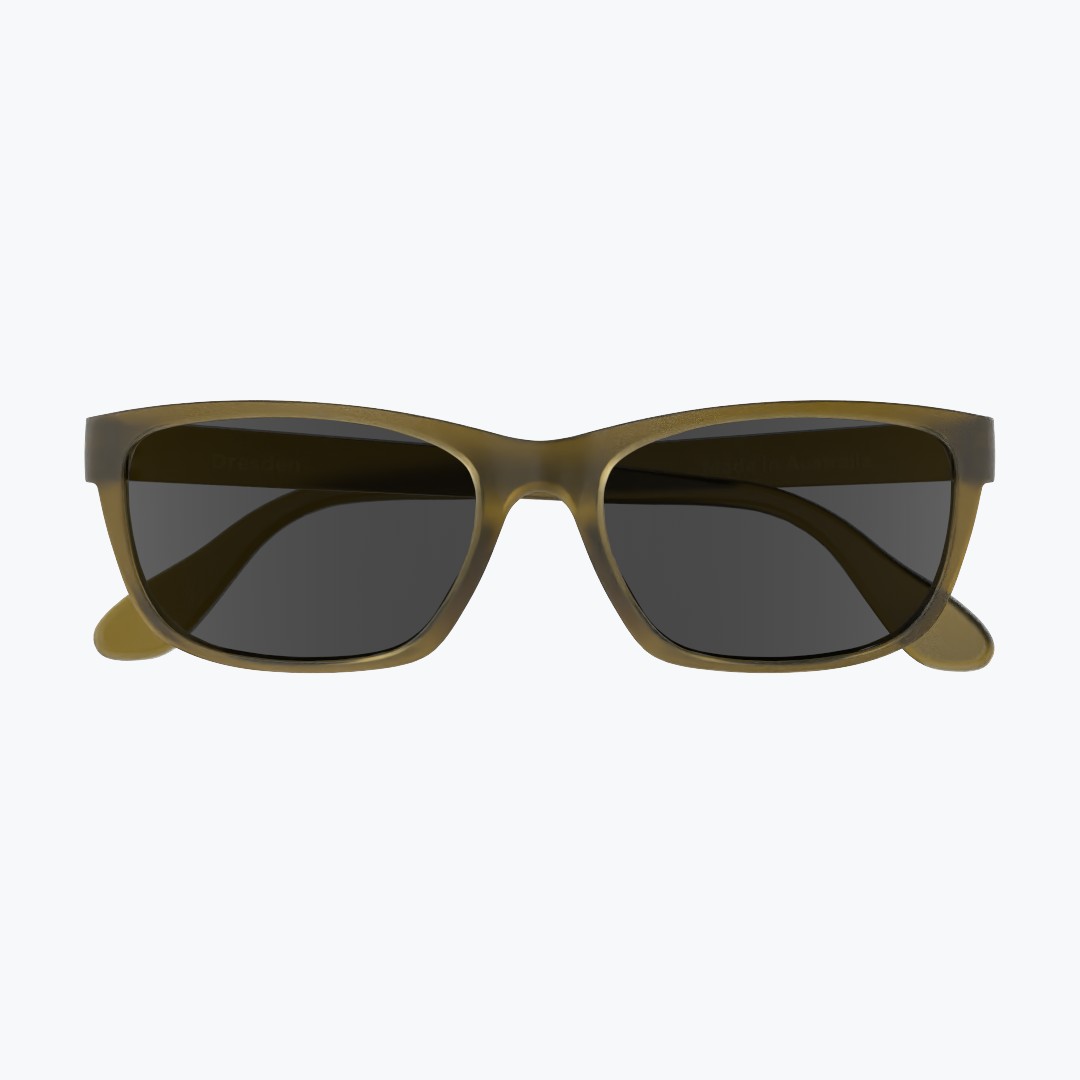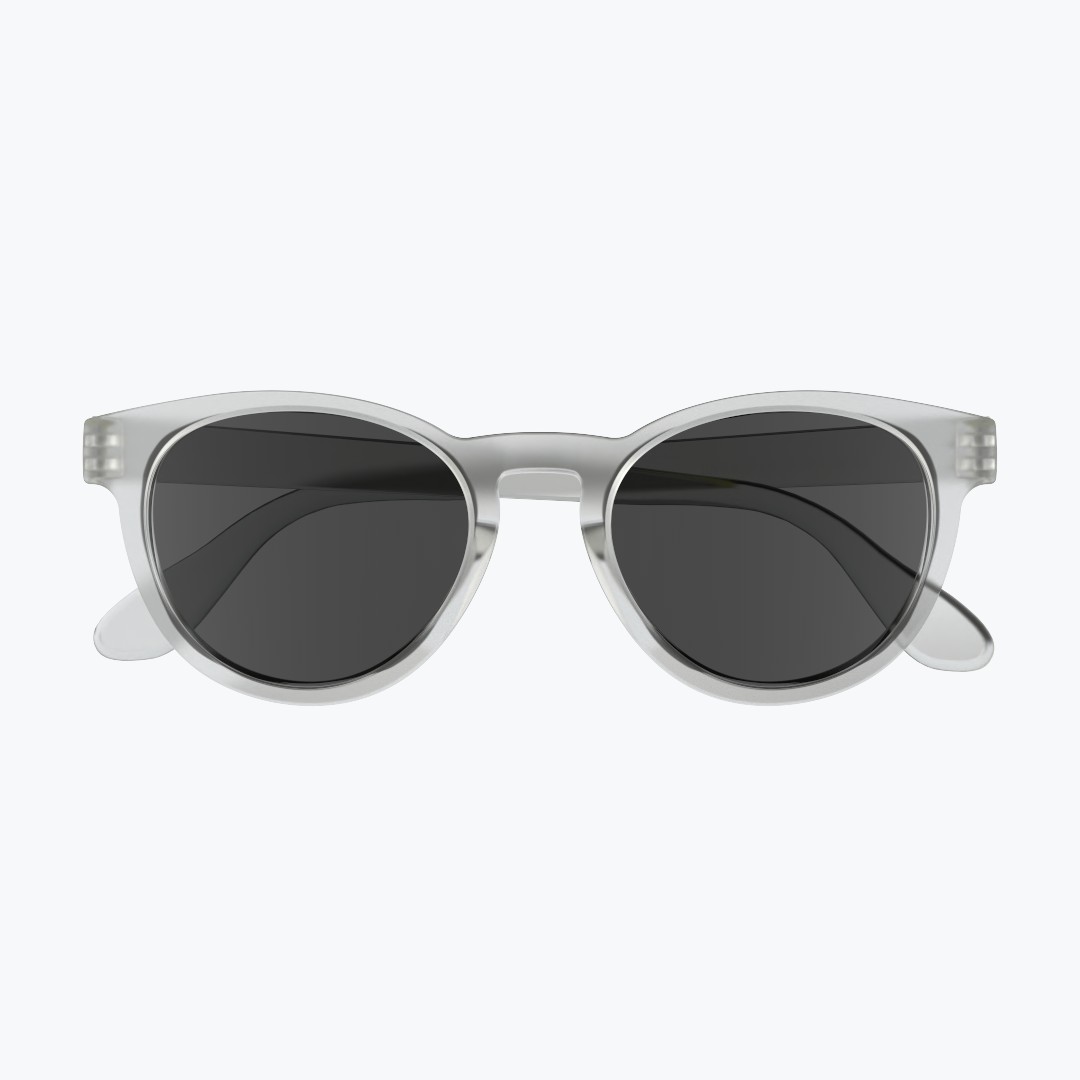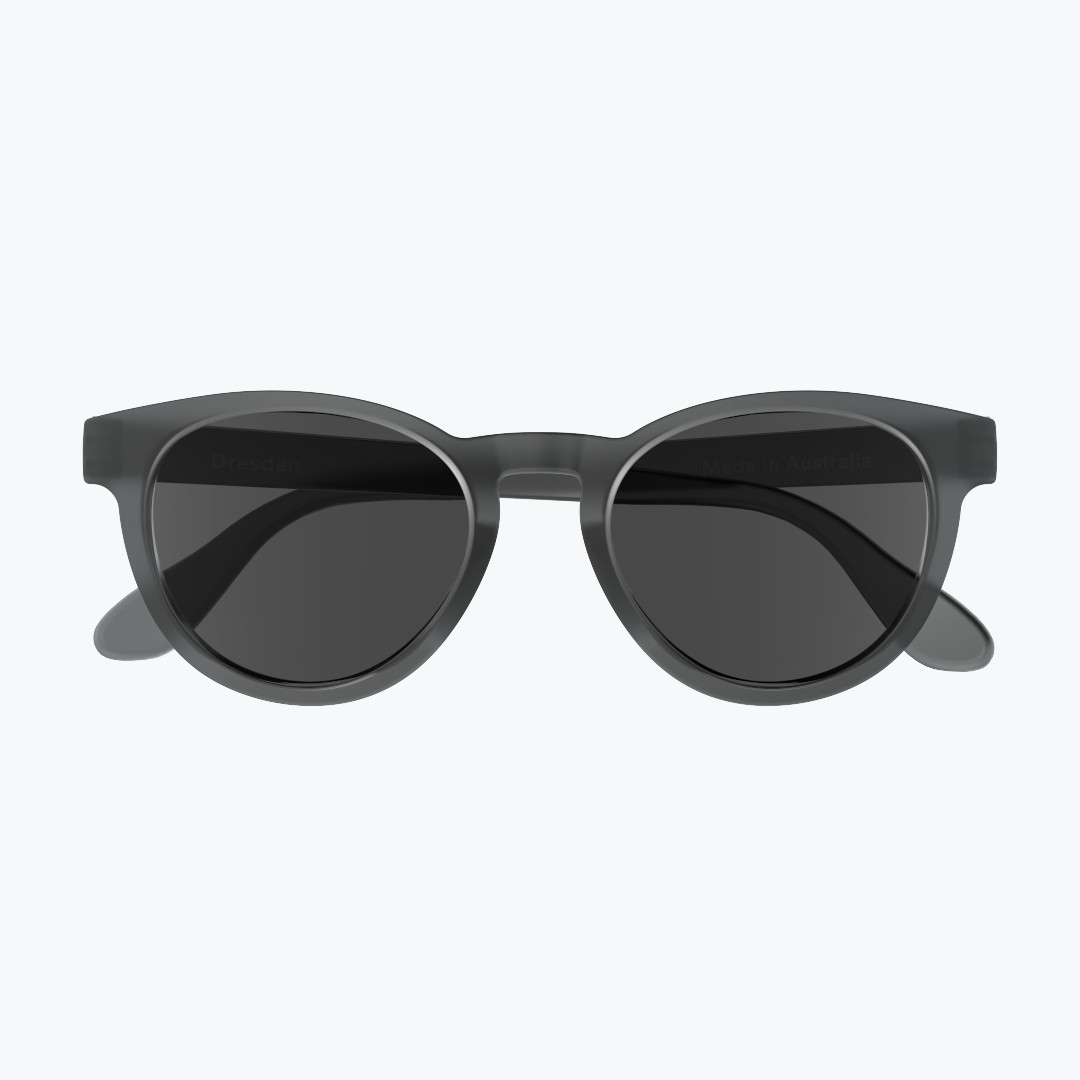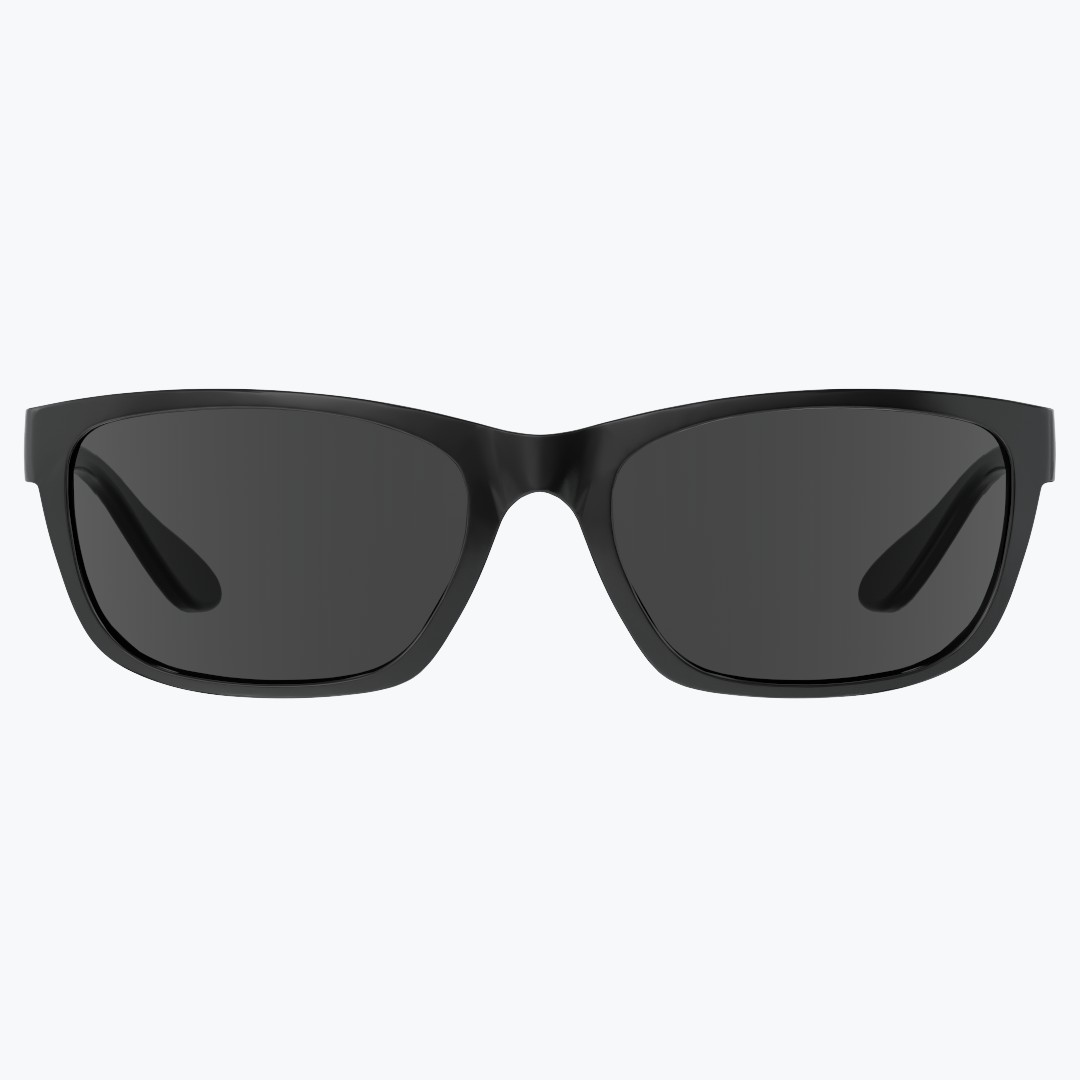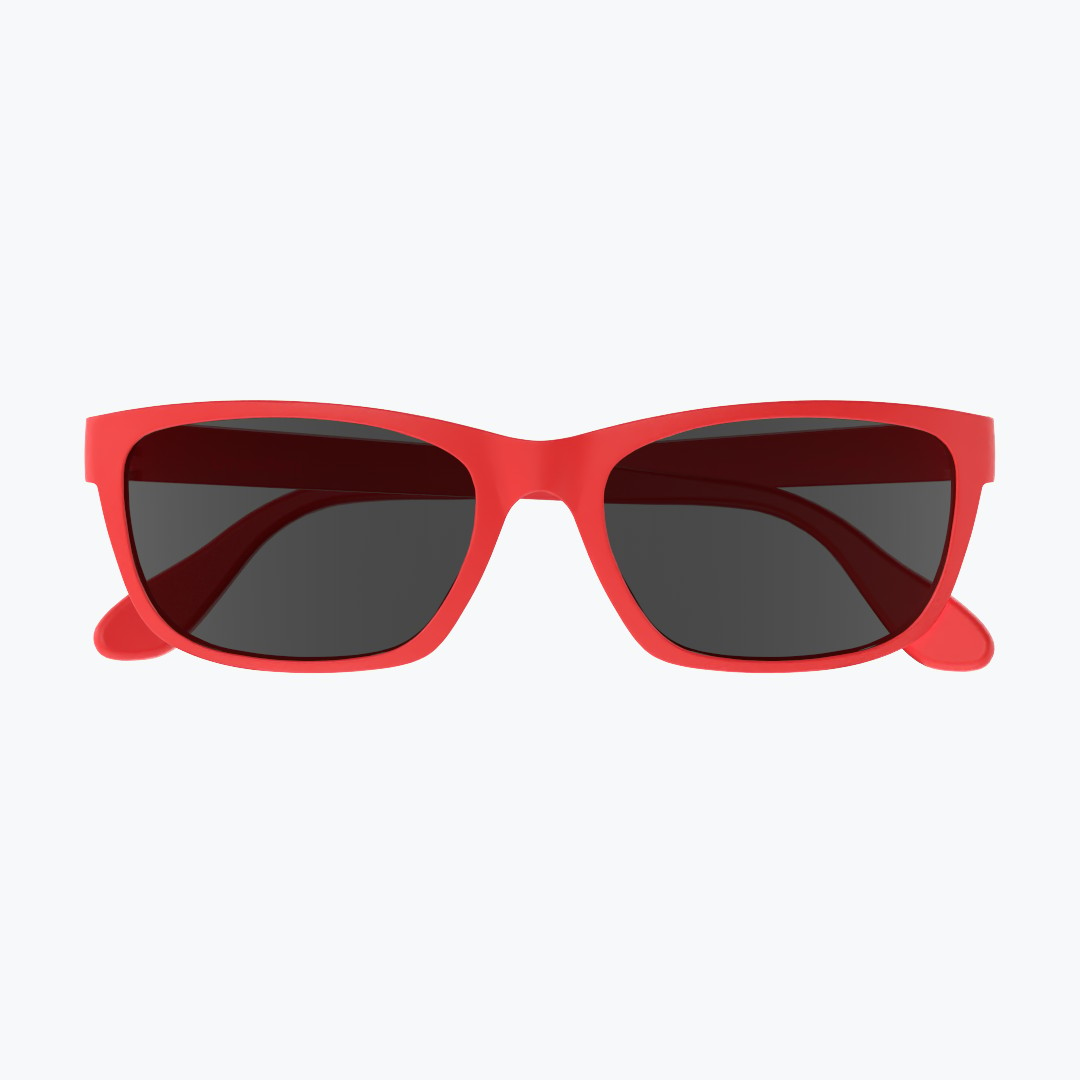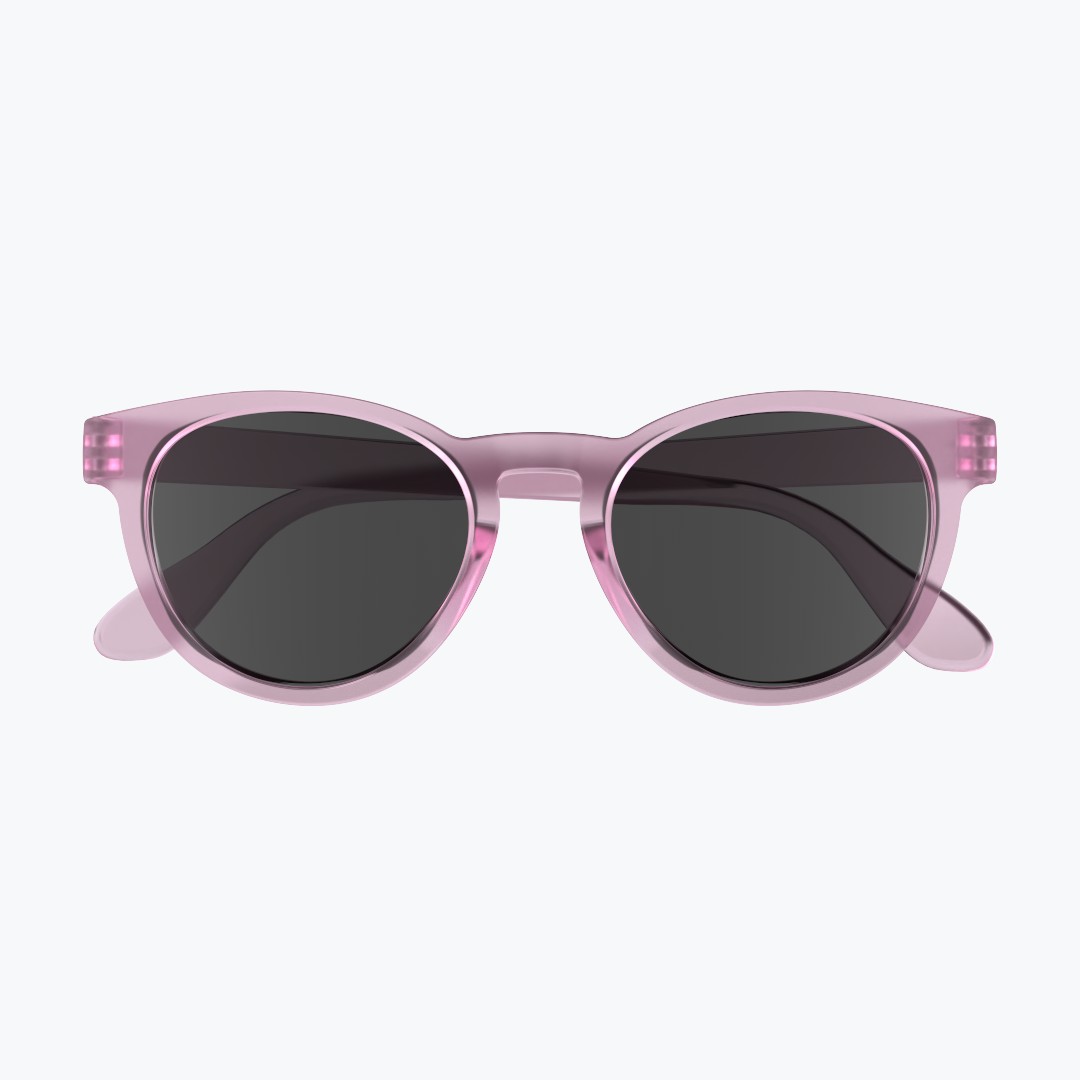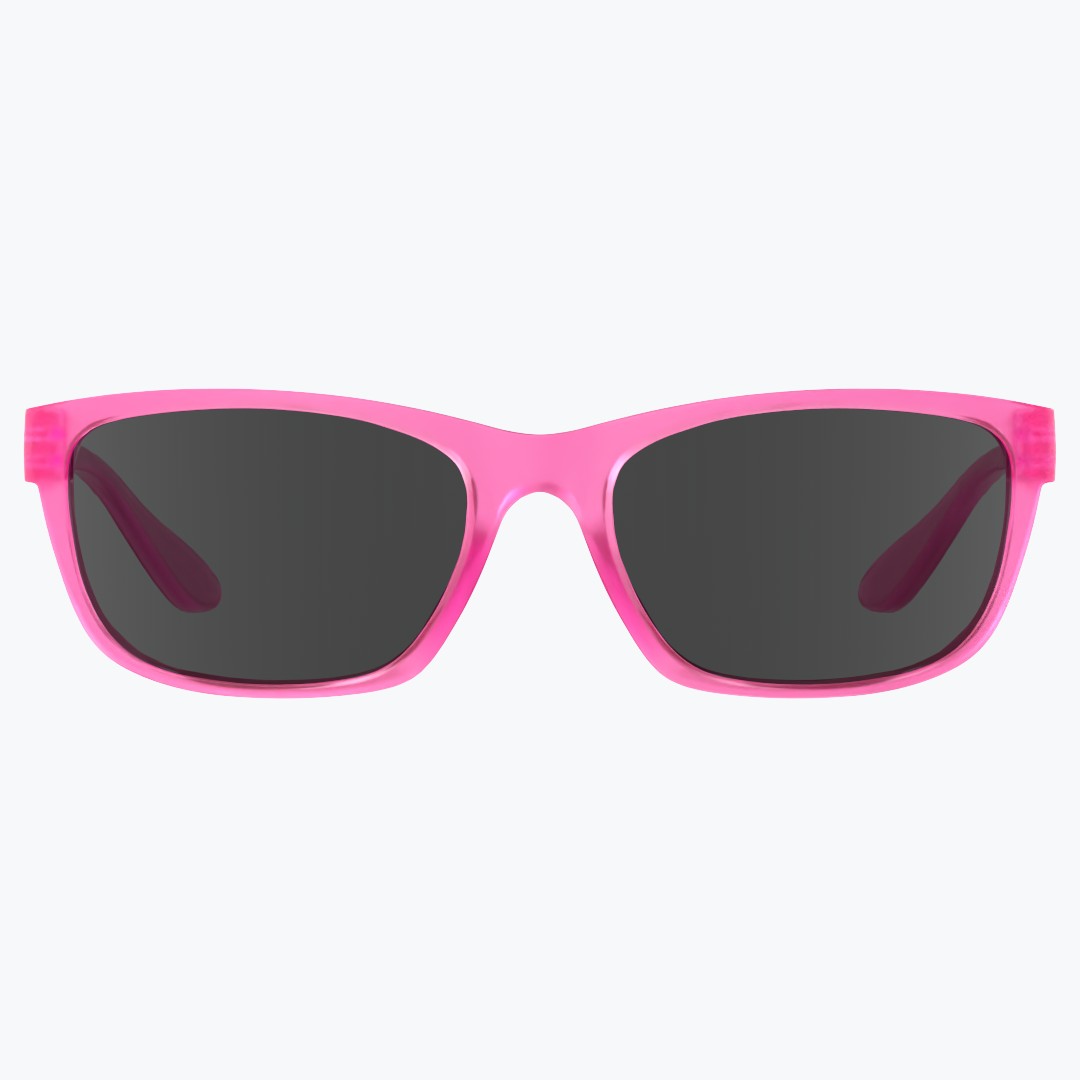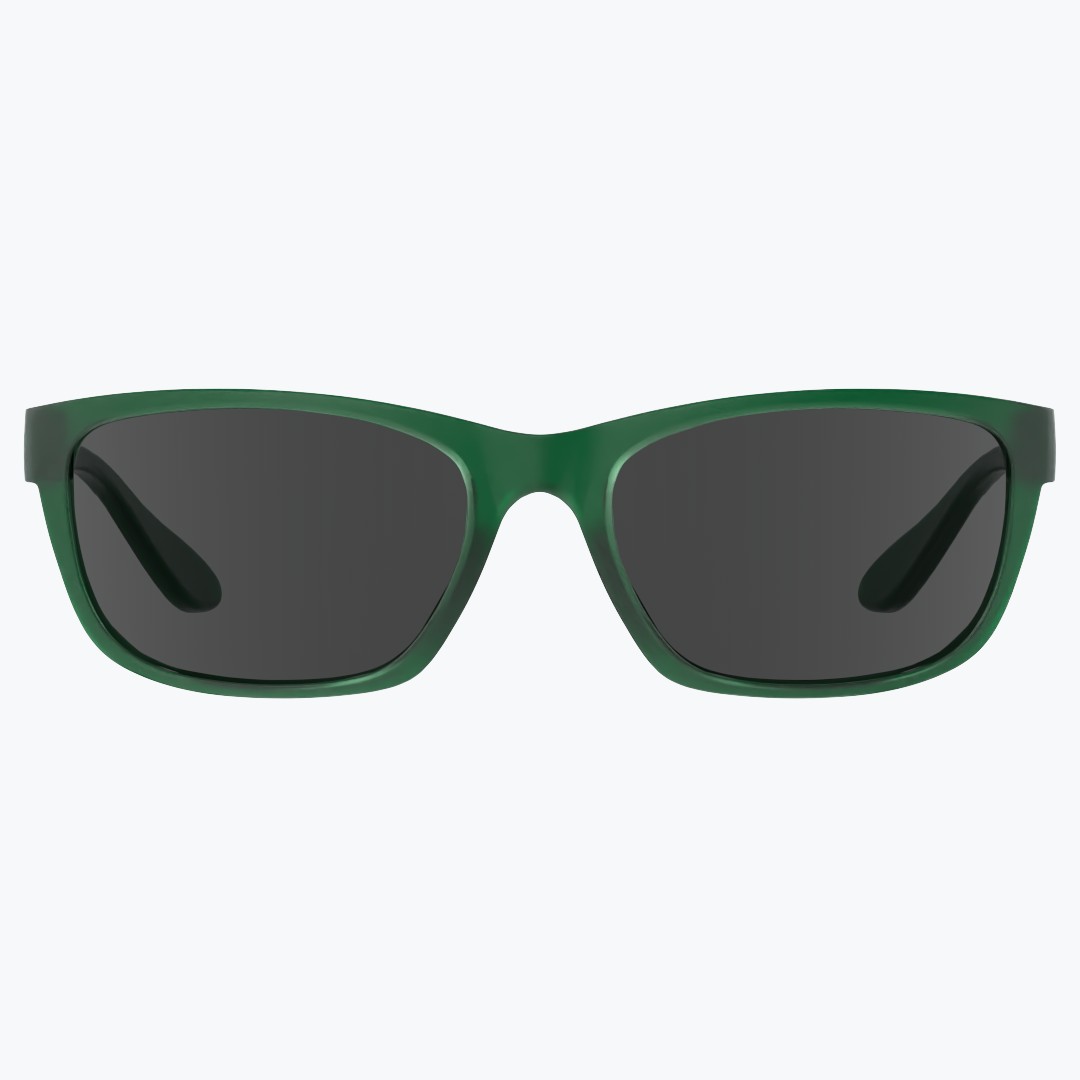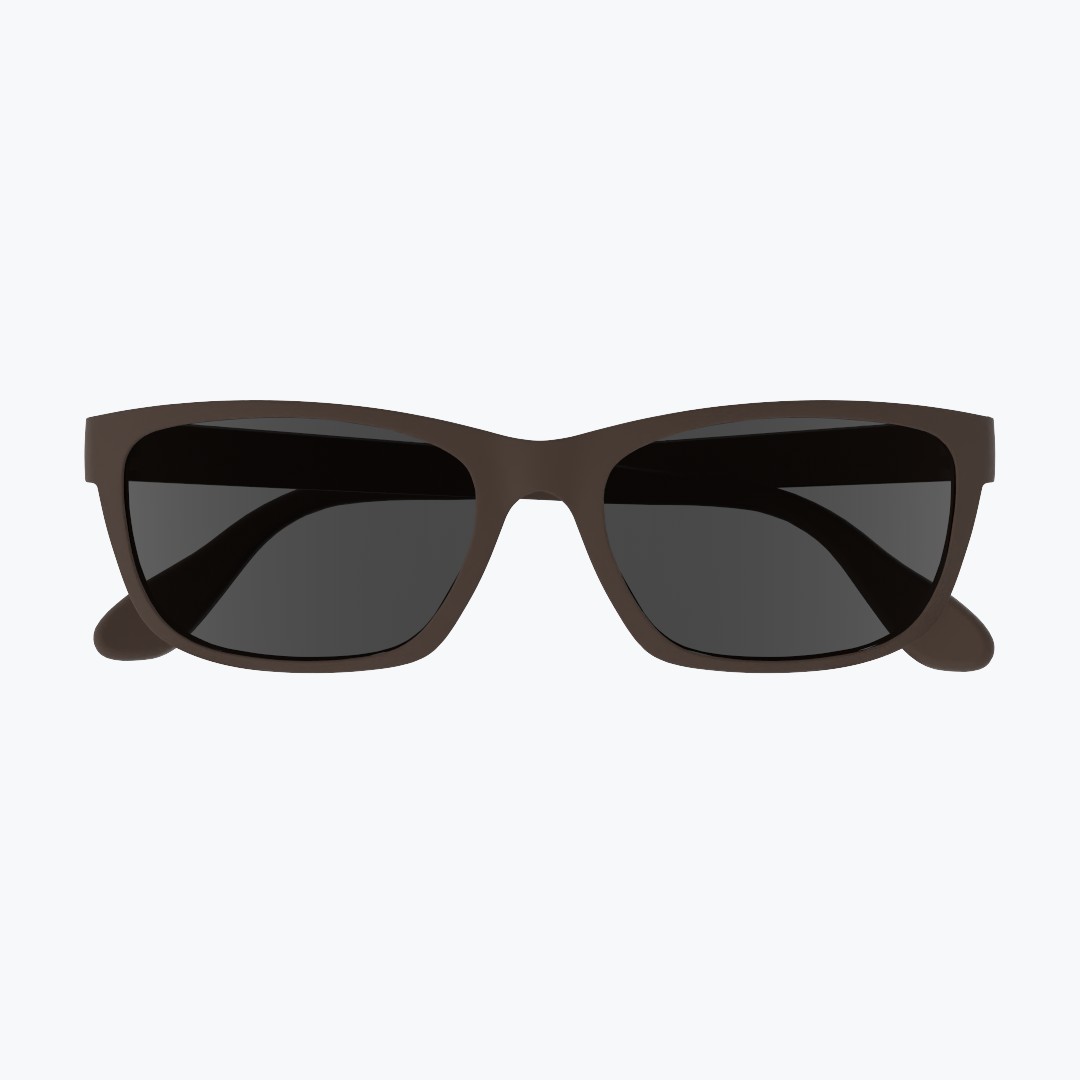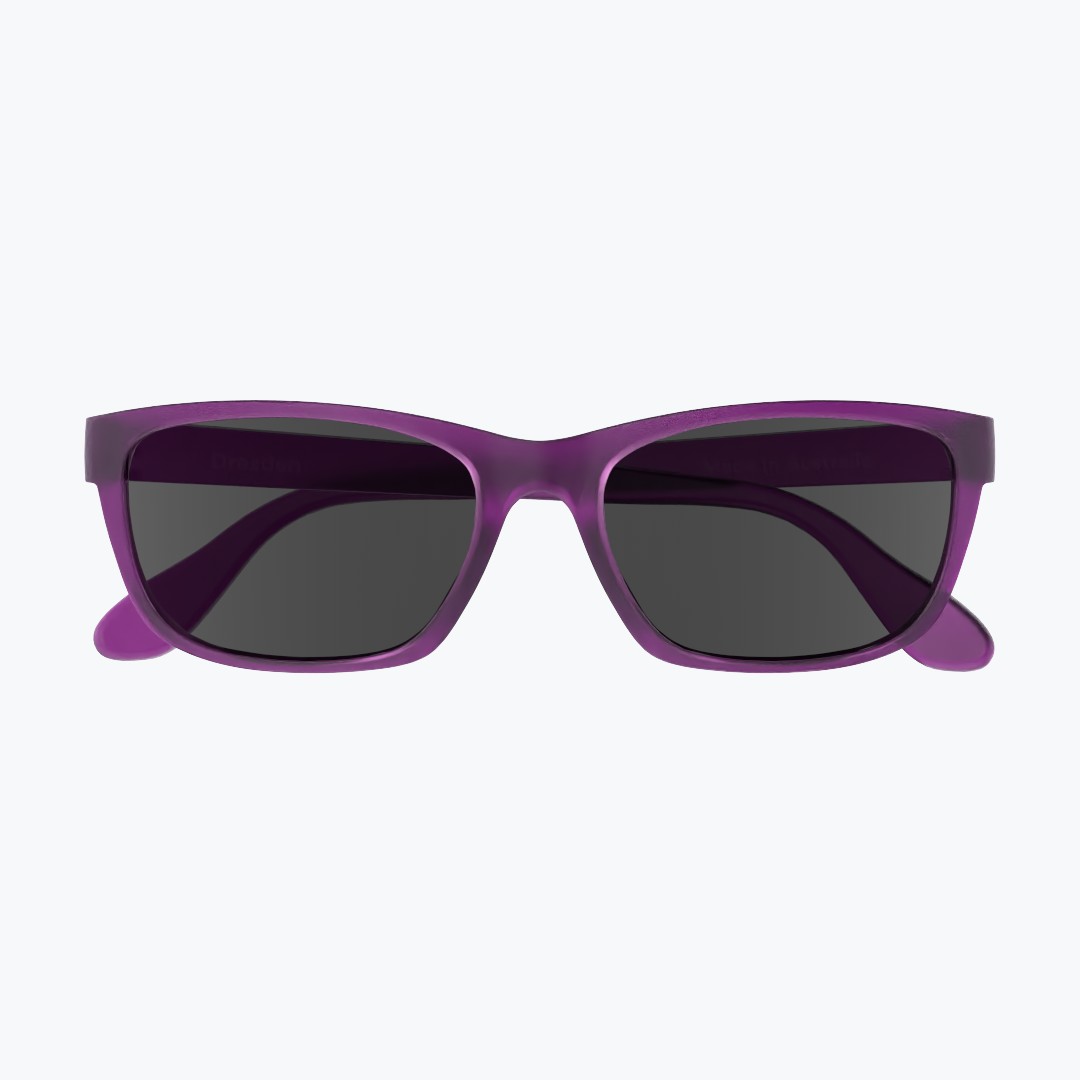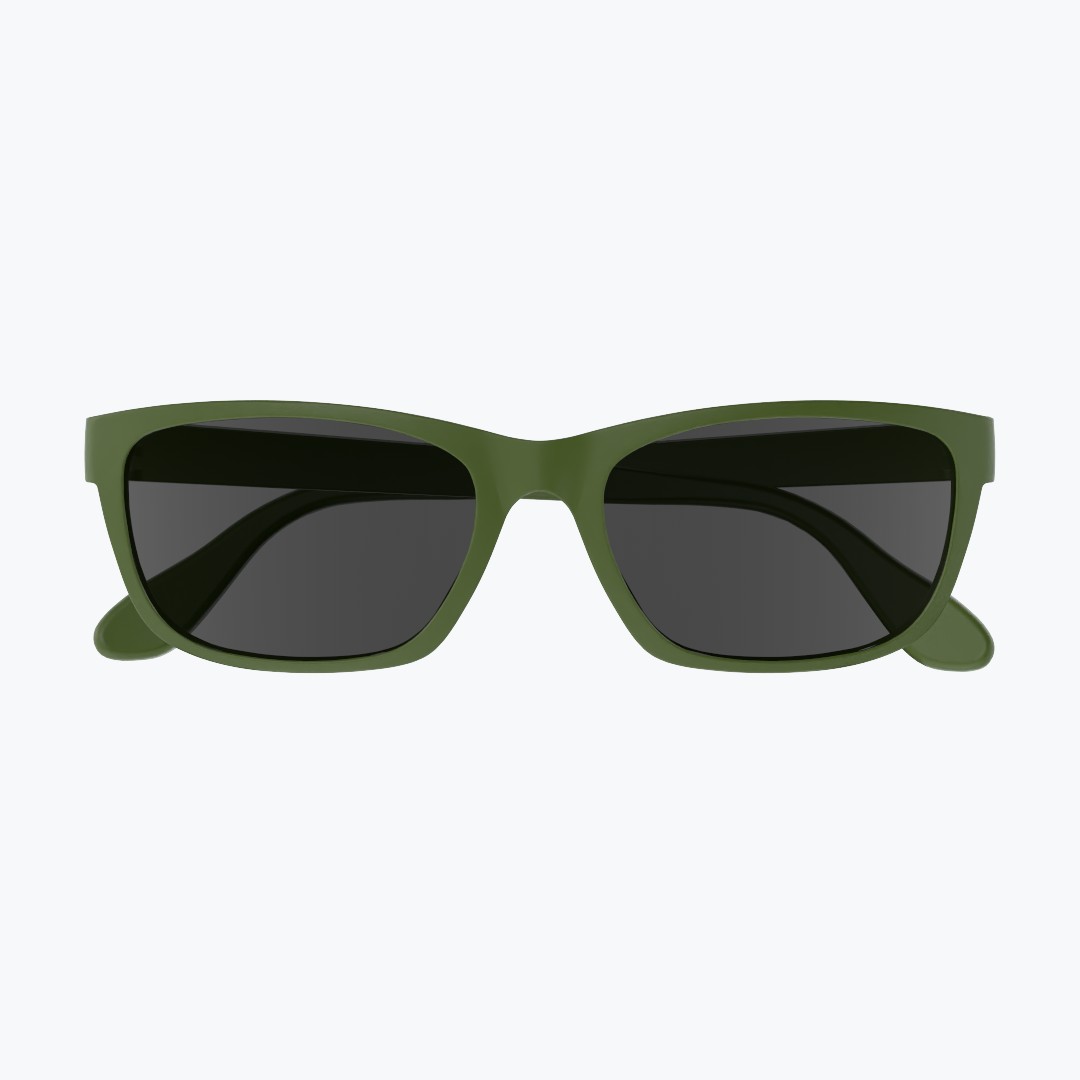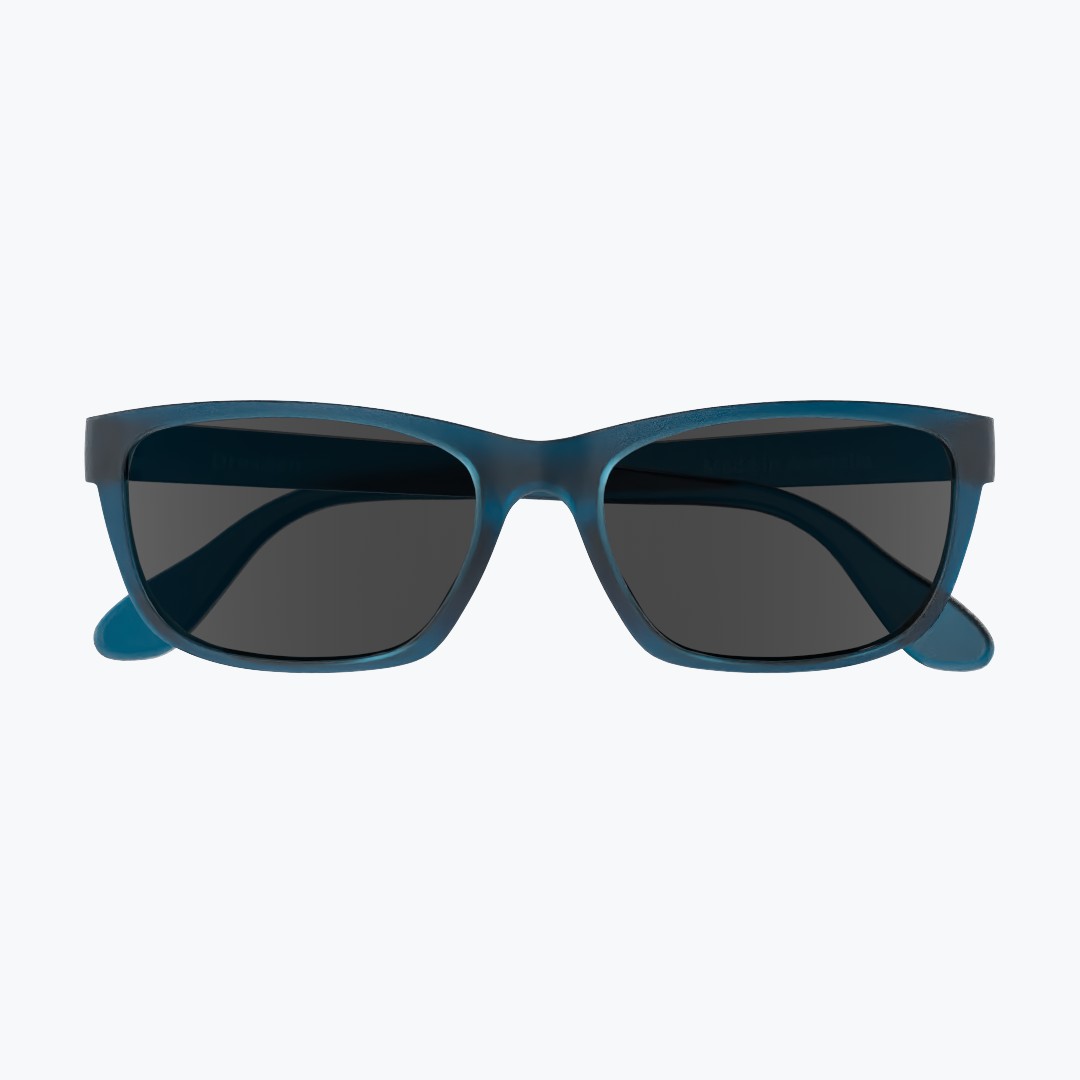

- Prescription Sunglasses
Capote - Daffodil Yellow
$79.90Original - Oat Milk
$79.90Capote - Black
$79.90
Original - White
$79.90Capote - Tangerine
$79.90Original - Sky Blue
$79.90Capote - Royal Purple
$79.90Original - Raspberry Cordial
$79.90
Capote - Forest Green
$79.90Original - Slate Grey
$79.90Capote - Dark Chocolate
$79.90Original - Sepia Brown
$79.90
Capote - Pistachio
$79.90Original - Azure Blue
$79.90Capote - Bloody Mary
$79.90Original - Clear Frost
$79.90
Capote - Power Pink
$79.90Original - Pink Lemonade
$79.90Capote - Midnight Blue
$79.90Original - Black Cherry
$79.90Capote - Olive Oil
$79.90Original - Beeswax
$79.90
Capote - Gingerbread
$79.90Original - Mint Julep
$79.90Capote - Azure Blue
$79.90Original - Denim Blue
$79.90Capote - Raspberry Cordial
$79.90Original - Gingerbread
$79.90
Capote - Sepia Brown
$79.90Original - Koala Grey
$79.90Capote - Denim Blue
$79.90
Original - Olive Oil
$79.90Capote - Clear Frost
$79.90Capote - Koala Grey
$79.90Original - Black
$79.90Original - Bloody Mary
$79.90Capote - Pink Lemonade
$79.90Original - Daffodil Yellow
$79.90Original - Power Pink
$79.90Original - Forest Green
$79.90Original - Dark Chocolate
$79.90Original - Royal Purple
$79.90Original - Tangerine
$79.90Original - Pistachio
$79.90Original - Midnight Blue
$79.90Best Prescription Lenses for Sunglasses
When it comes to prescription sunglasses, choosing the right lenses is crucial for vision correction and eye protection. Dresden Vision offers a variety of lens options designed to meet your specific needs. Our lenses are crafted with precision to ensure maximum comfort and durability. Here are the best prescription lenses for sunglasses available at Dresden Vision:
- UV Tint: Our UV-tinted lenses provide 100% protection against harmful UVA and UVB rays, reducing glare and preventing eye strain. Ideal for everyday outdoor use, these lenses help you enjoy clear vision without compromising your eye health.
- Mirror Lenses: Our mirror lenses are perfect for those who love a stylish and reflective look. They enhance your appearance and reduce glare, making them ideal for bright environments. These lenses are perfect for those who value both style and protection.
- Photochromic Lenses: Also known as transition lenses, our photochromic lenses automatically adjust their tint based on lighting conditions. Whether you're moving from indoors to outdoors, these lenses darken in sunlight and clear up indoors, providing seamless protection and convenience.
- Polarized Lenses: Our polarized prescription sunglasses are ideal if you often find yourself in bright, reflective environments. They significantly reduce glare from surfaces like water and roads, providing sharper vision and increased comfort.
Choosing the correct prescription lenses for sunglasses can significantly enhance your outdoor experience, offering both style and optimal vision. With Dresden Vision, you can trust that every pair of sunglasses is designed with your vision and comfort in mind.
Affordable Prescription Sunglasses Online
Everyone deserves access to high-quality eyewear without breaking the bank. That's why we offer affordable prescription sunglasses online, combining quality with competitive pricing. Our streamlined production process allows us to deliver top-notch glasses at a fraction of the cost you'd find elsewhere.
- Direct Online Ordering: You can easily order your prescription sunglasses online from the comfort of your home. Our user-friendly website makes the process quick and hassle-free, ensuring you receive your glasses in no time.
- No Hidden Costs: We pride ourselves on transparency. The price you see is the price you pay—no hidden fees or surprise charges. This commitment to honesty has earned our customers' trust across the United States.
- Bundle Deals: Mix and match your eyewear with our bundle deals! Buy any prescription glasses and get 40% off additional pairs.
- Referral Program: Refer a friend and enjoy 50% off your next pair of prescription sunglasses when they make a purchase. Our customer referral program is a fantastic opportunity to save money and share the Dresden Vision experience with your loved ones.
Dresden Vision is your go-to source for affordable prescription sunglasses. You get the best of both worlds—high-quality eyewear at sensible prices with us. Order now and get the best online prescription sunglasses!
Sunglasses with Prescription for Ultimate Style and Vision
Prescription sunglasses are about clear vision, making a style statement, and protecting your eyes. At Dresden Vision, we offer a range of options to suit your lifestyle and vision needs.
- Single Vision Distance Lenses: Perfect for those who need clear vision for activities like driving or outdoor sports, our single vision distance lenses ensure you see clearly at all times. These lenses are available in various tints and polarized options to enhance your outdoor experience.
- Single Vision Reading Lenses: If you require reading glasses but don’t want to be confined indoors, our single vision reading lenses in sunglasses allow you to enjoy your favourite book by the pool or on the beach. With enhanced UV protection, you can read comfortably without straining your eyes.
- Multifocals: Our quality multifocal lenses offer the convenience of multiple prescriptions in one lens, making them ideal for those who need both distance and near vision correction. Enjoy seamless vision without the need to switch between different pairs of glasses.
- Bifocals: Dresden Vision offers stylish sunglasses with bifocal lenses for those who prefer traditional bifocals. These lenses provide clear vision for distance and near tasks, all in one pair of sunglasses.
No matter your vision needs, our sunglasses with eye prescription lenses provide the perfect balance of style, protection, and clarity. Choose from our wide range of options and enjoy the best of both worlds. Buy sunglasses with prescription online today for ultimate style and vision.
High-Quality Prescription Sunglasses Frame
The frames for sunglasses with prescriptions are just as important as the lenses. Our colorful frames are crafted with precision and care, ensuring they are stylish, durable, and comfortable.
- Durable Materials: We use high-quality, recyclable materials to create frames built to last. Whether you choose a classic or modern style, you can trust that our frames will stand the test of time.
- Comfortable Fit: Our frames are designed with your comfort in mind. They are lightweight yet sturdy, ensuring you can wear them all day without discomfort.
- Customizable Options: Dresden Vision offers various colors and interchangeable arms. You can customize your sunglasses to match your style, whether you prefer a bold, vibrant look or something more understated.
- Sustainable Design: Our commitment to sustainability extends to our frame design. Using recycled materials and reducing waste in our manufacturing process, we can offer eco-friendly sunglasses that don’t compromise quality or style.
Dresden Vision’s frames are designed to provide the perfect balance of style, durability, and comfort. Our customization options and sustainable practices allow you to enjoy high-quality prescription sunglasses that reflect your style and values. Shop now!
How to Order Sunglasses Online with Prescription
Buying prescription sunglasses online with Dresden Vision is a simple and convenient process:
1. Browse Frames: Explore our stylish and durable frames to find the perfect pair that complements your face shape and personal style.
2. Select Lenses: Choose the lens type that best suits your vision needs, whether single-vision distance, single-vision reading, multifocal, or bifocals.
3. Enter Your Prescription: Easily enter your prescription details manually or upload a copy of your prescription for quick processing. Our customer support team is always available to assist you if you need help.
4. Customize Your Sunglasses: Personalize your sunglasses by selecting from our wide range of lens tints, mirror coatings, and polarized options.
5. Measure Your Pupillary Distance (PD): Use our online PD measurement tool to ensure a perfect fit.
6. Place Your Order: Complete your purchase online, and your custom prescription sunglasses will be delivered to your door quickly!
With Dresden Vision, you don't have to compromise on quality or convenience. Our online shopping experience is designed to be quick, easy, and secure, ensuring you get the perfect pair of prescription sunglasses with minimal effort. What are you waiting for? Buy online prescription sunglasses and elevate your style.
What Are Sunglasses?
Sunglasses are eyewear designed to protect your eyes from UV light, often called "sunnies" or "shades." They reduce glare and enhance visual comfort by blocking the sun's brightness. Sunglasses sometimes also function as visual aids, featuring tinted or polarized lenses.
First developed in Europe in the early seventeenth century as "tinted spectacles," sunglasses were created to shield and conceal the eyes. The need for effective eye protection became more apparent in the nineteenth century, especially among adventurers and polar explorers who suffered from snow blindness. Early sunglasses included side shields for additional protection.
Sunglasses are essential for shielding your eyes from uncontrolled sunlight. Excessive exposure to light, especially UV radiation, can damage the eyes, leading to discomfort, headaches, and, in severe cases, permanent damage to the retina, cornea, and lens. Short-term effects include temporary vision loss, known as snow blindness or welder's flash, while long-term exposure can result in night vision loss and cataracts.
Benefits of Sunglasses
While darker lenses were once believed to offer better protection, technological advancements have made a wide range of sunglass styles, colors, and materials available. The most important benefit of sunglasses is their ability to block harmful UV rays, protecting the cornea, retina, eyelids, and lens. This protection is crucial for maintaining good eye health, as the thin skin of the eyelid is particularly vulnerable to sun damage.
Year-round eye protection is essential, as UV rays can cause damage even on cloudy days. Snow reflects sunlight, making sunglasses important for winter sports to protect both your eyes and the delicate skin around them. Choosing sunglasses with UV 400 protection ensures maximum defense against UV light.
The tint in your sunglasses determines how much light reaches your eyes. Different lens shades offer varying levels of protection, with grey or nearly black lenses being effective against intense light while minimizing color distortion.
Sunglasses also reduce glare from reflective surfaces like water, which can obscure vision. Polarized lenses effectively eliminate glare and improve visual clarity by realigning light waves and blocking certain frequencies.
How to Choose the Best Sunglasses
Here are some tips for selecting the right sunglasses:
- Look for labels indicating full UV protection, such as "UV absorption up to 400nm."
- Don’t assume darker lenses provide better UV protection; 100% UV blockage is key.
- Polarized lenses improve visual comfort and are often made with UV-blocking materials—check the label to ensure maximum UV protection.
- Larger lenses or wraparound styles help minimize UV rays entering from the sides.
- Brown or rose-tinted lenses can enhance contrast and provide additional protection, though they don't block sunlight alone.
At Dresden, we prioritize eye health. We offer high-quality, customizable sunglasses in various colors and lens types for all face shapes.
Difference Between Shades and Sunglasses
"Shades" is simply an informal term for sunglasses, which refer to eyewear designed to protect your eyes from light and harmful UV rays.
How Dresden Vision Can Help
At Dresden Vision, we're committed to providing exceptional customer service and ensuring your complete satisfaction. Here's how we can help:
- Expert Advice: Our friendly and knowledgeable team is always ready to assist you in selecting the perfect pair of prescription sunglasses. Whether you have questions about lens options or your prescription, we're here to help.
- Hassle-Free Returns: We offer a 30-day money-back guarantee so you can try on your sunglasses and ensure they meet your expectations. If you still need more than that, simply return them for a full refund.
- 10-Year Warranty: We stand behind the quality of our products. Enjoy peace of mind with our 10-year warranty on all frames.
When Can You Get Your Prescription Sunglasses
We offer fast delivery across the United States, so you'll typically receive your prescription sunglasses within a few days. However, the exact delivery time may vary depending on your location and any customization options you choose. Order prescription sunglasses online today!
Frequently Asked Questions
What makes Dresden Vision sunglasses different from other brands?
Dresden Vision combines affordable pricing, sustainable materials, and high-quality craftsmanship to create stylish, durable prescription sunglasses.
What is the cost of prescription sunglasses?
Our prescription sunglasses are competitively priced. The exact cost will depend on your chosen frame, lens options, and any additional features.
Are your sunglasses eco-friendly?
Yes, our frames are made from recycled materials, ensuring a sustainable choice for eyewear.
Do your sunglasses provide 100% UV protection?
Yes, all Dresden Vision prescription sunglasses come with 100% UV/UVB protection.
How durable are the frames for your prescription sunglasses?
Our frames are made from high-quality, recyclable materials and are designed to be both stylish and durable.
Are your prescription sunglasses suitable for driving?
Yes, our prescription sunglasses are designed to provide clear vision and reduce glare, making them ideal for driving.
Do you offer prescription sunglasses internationally?
Yes, we do internationally. We have online and physical stores in Australia, Canada and New Zealand.




